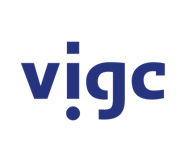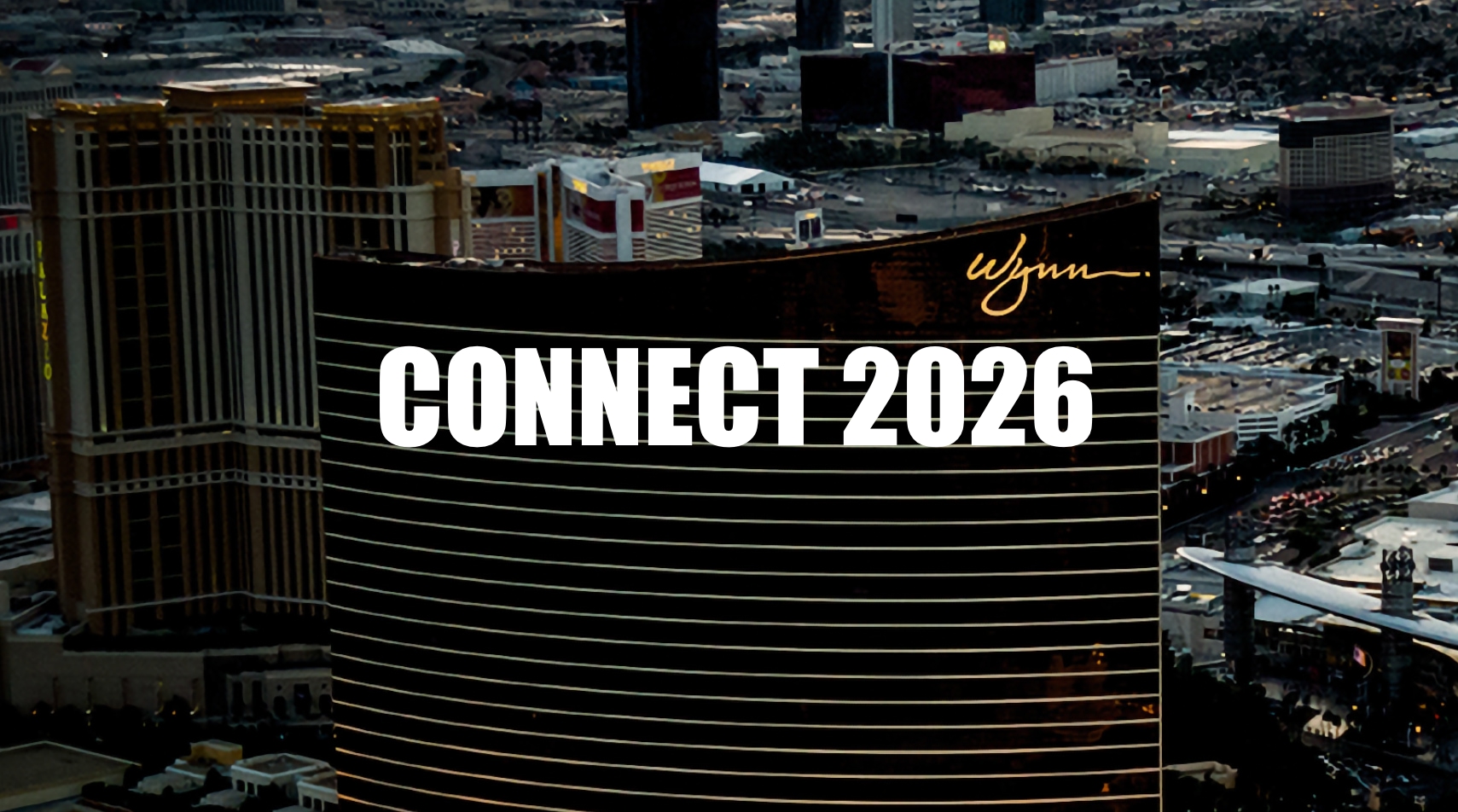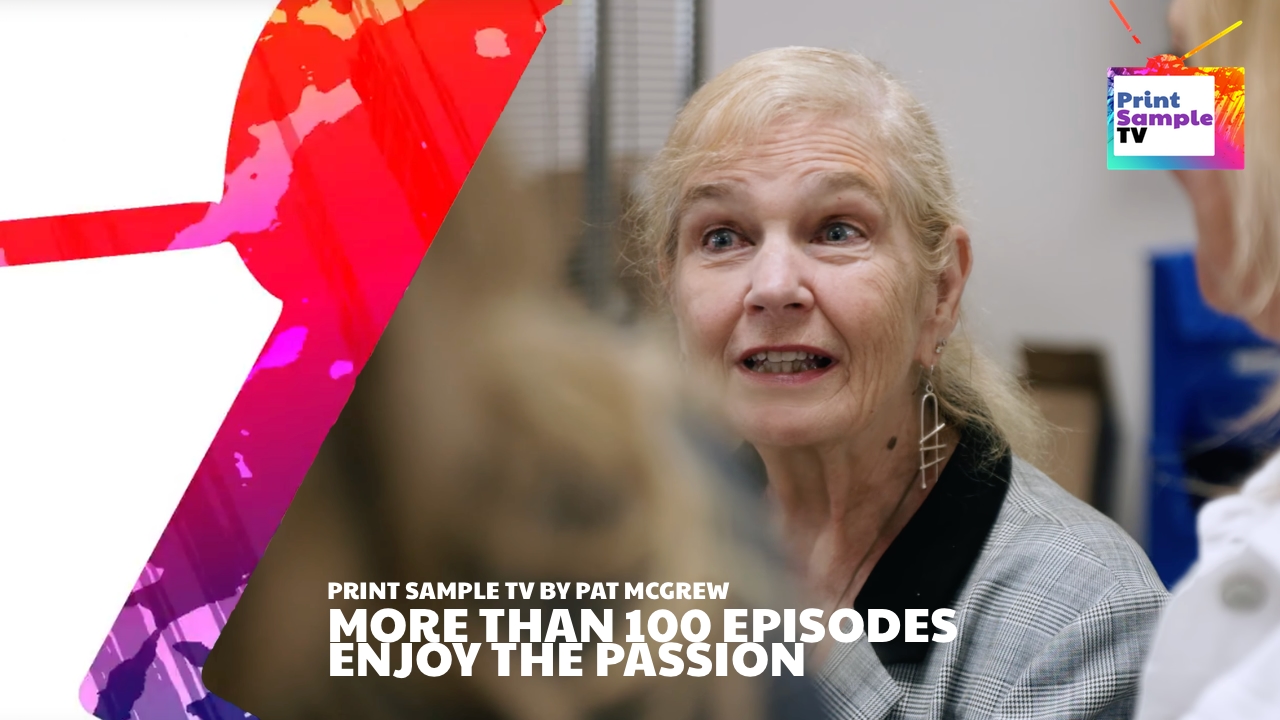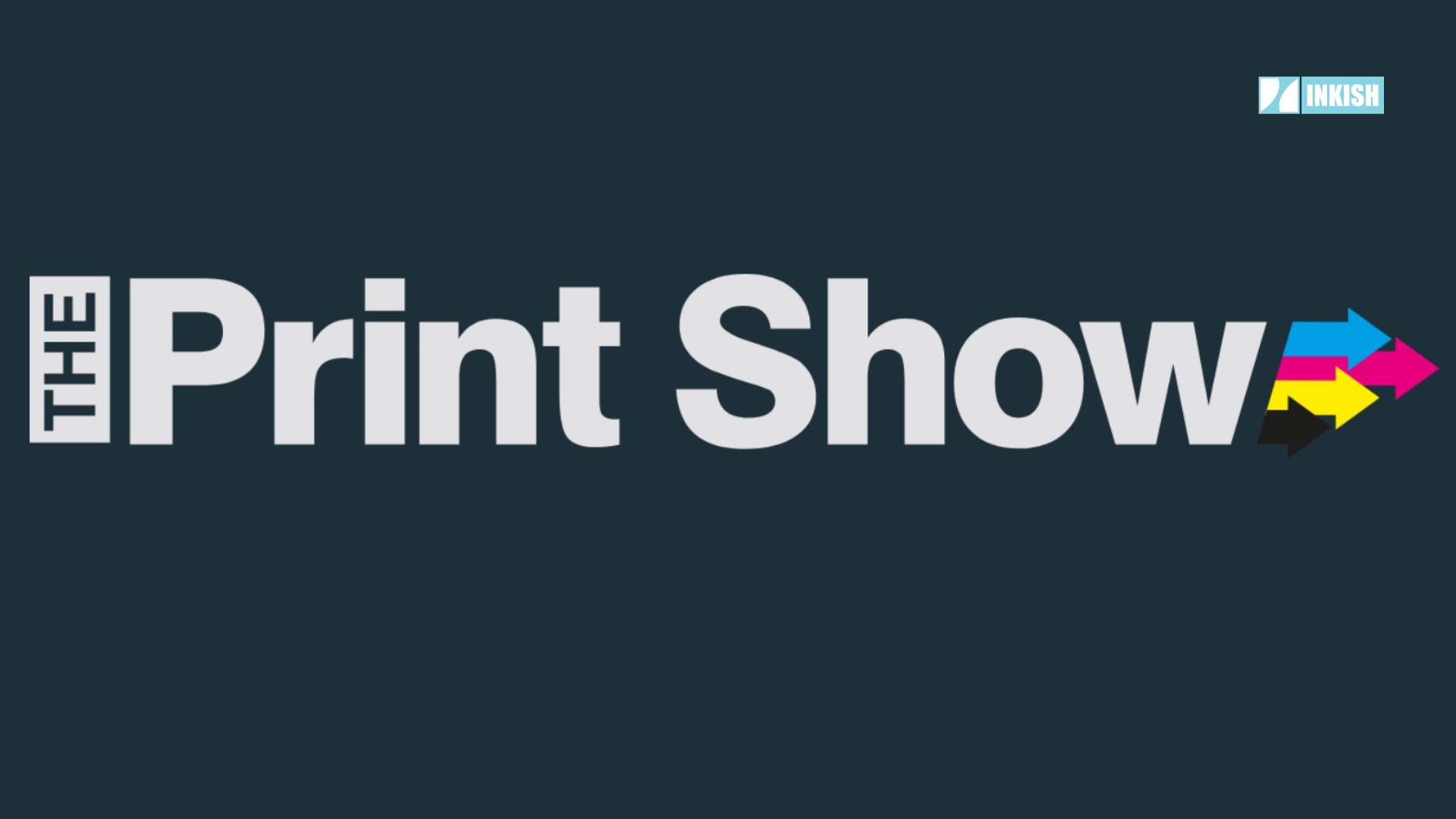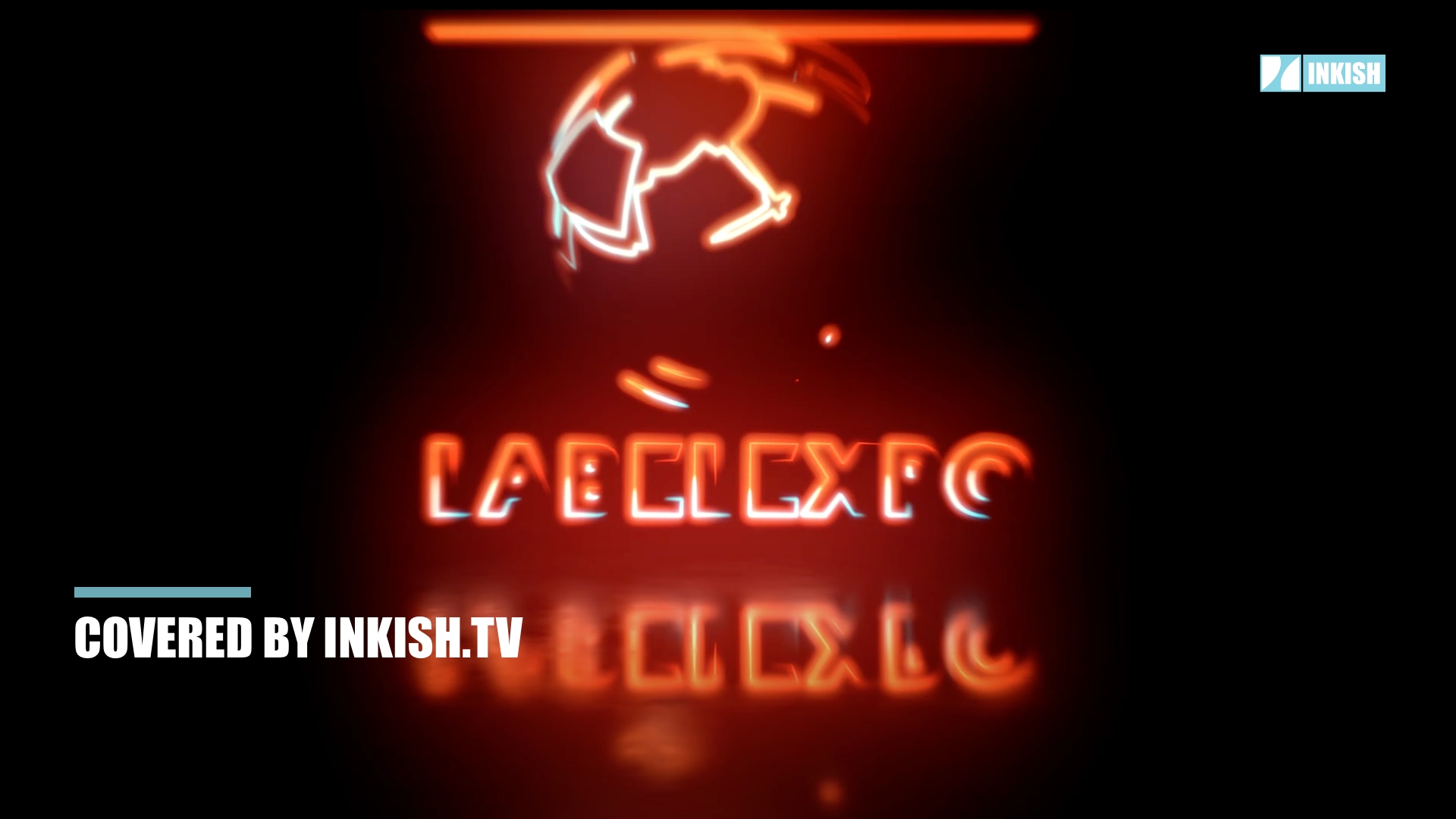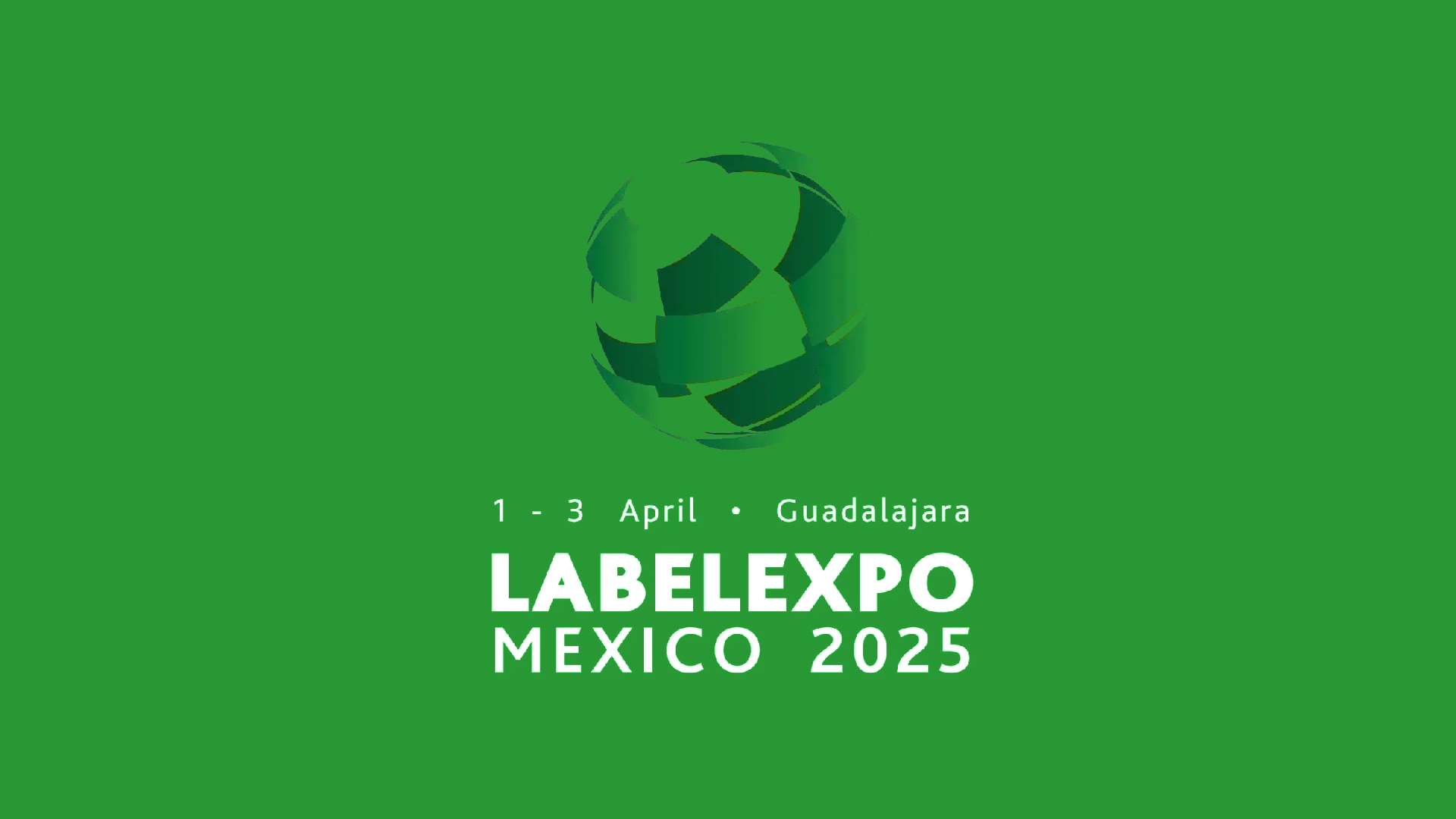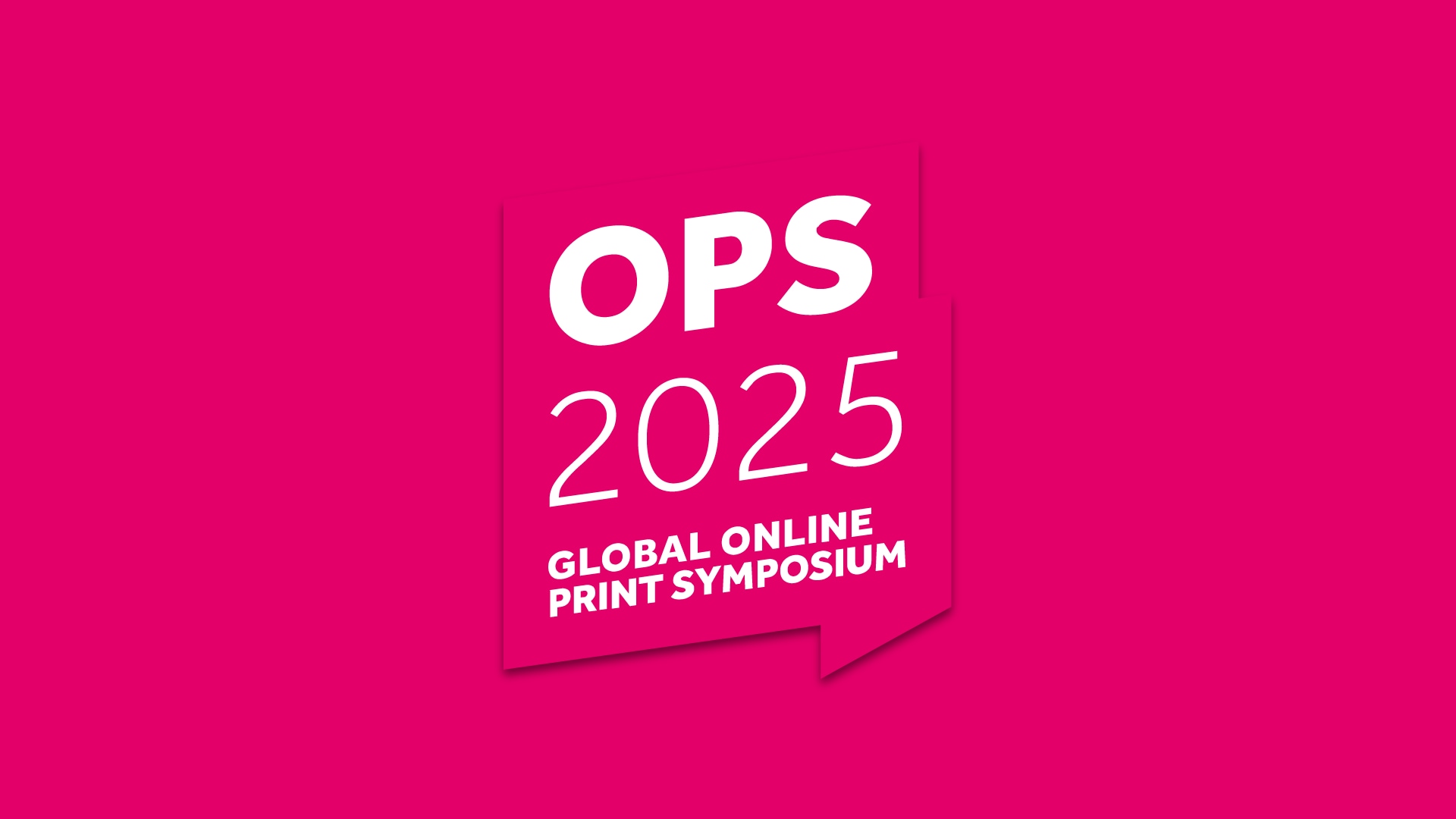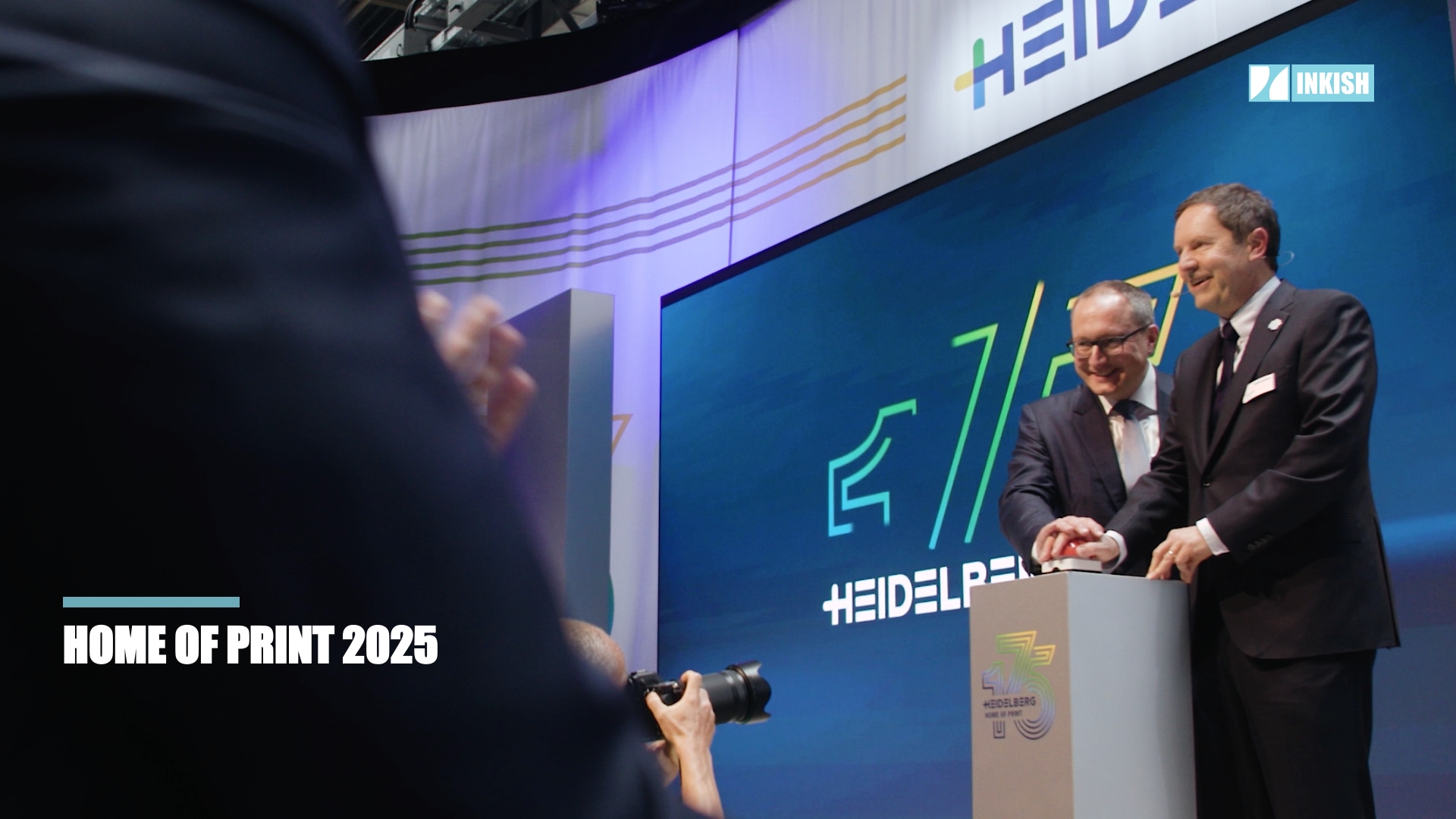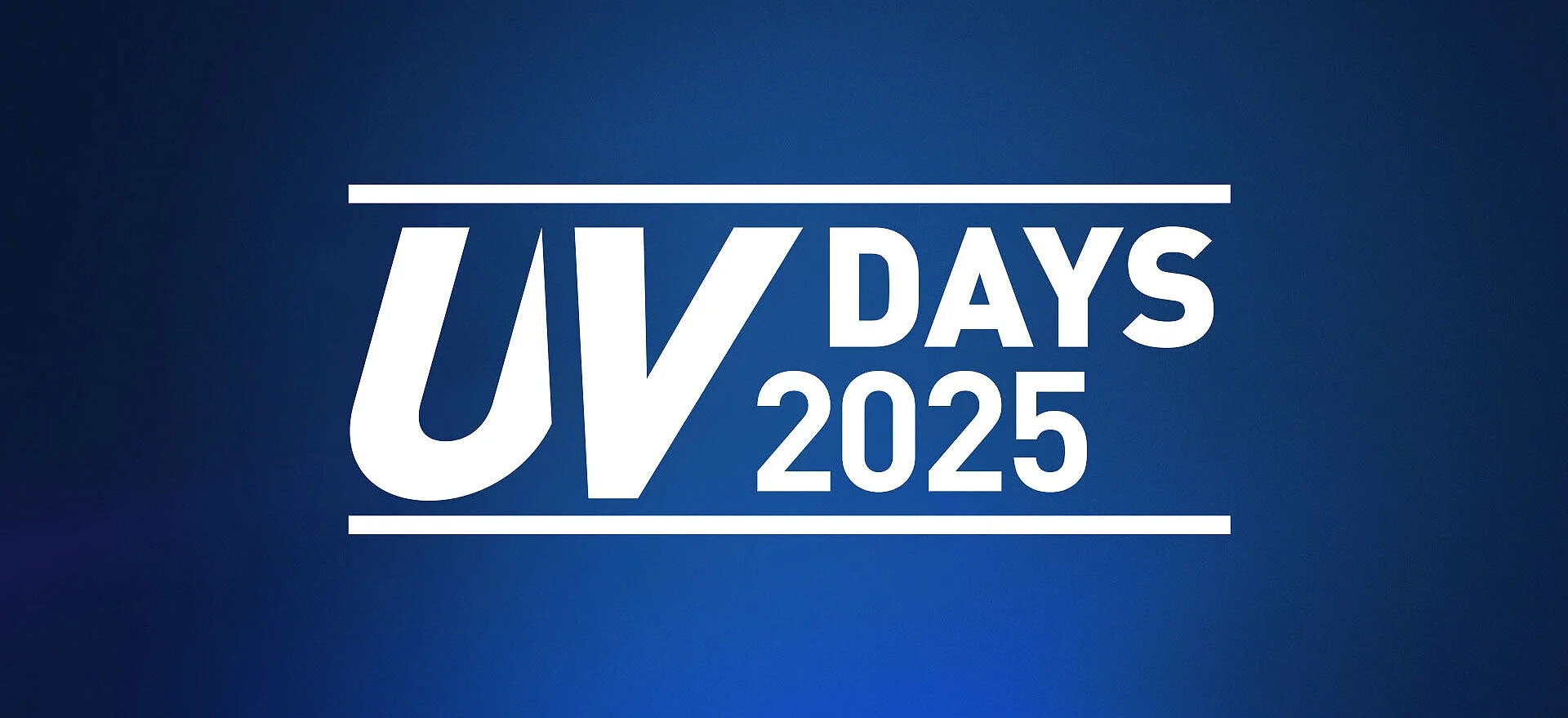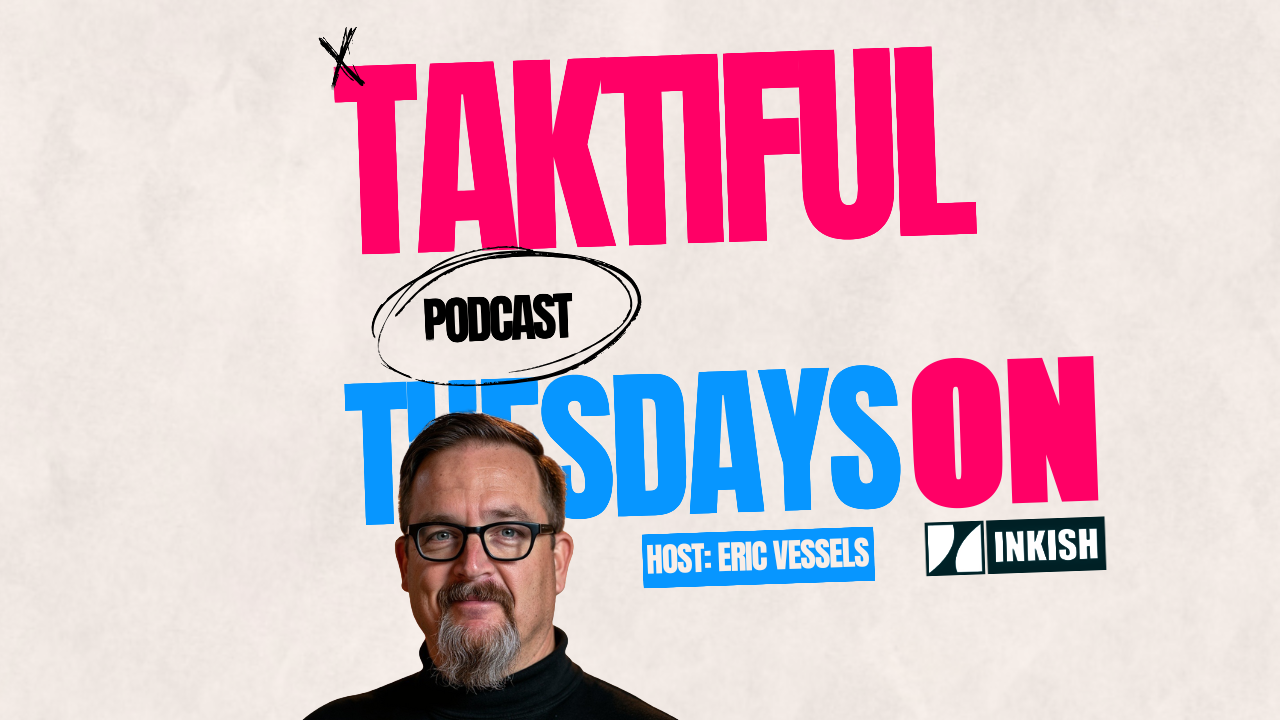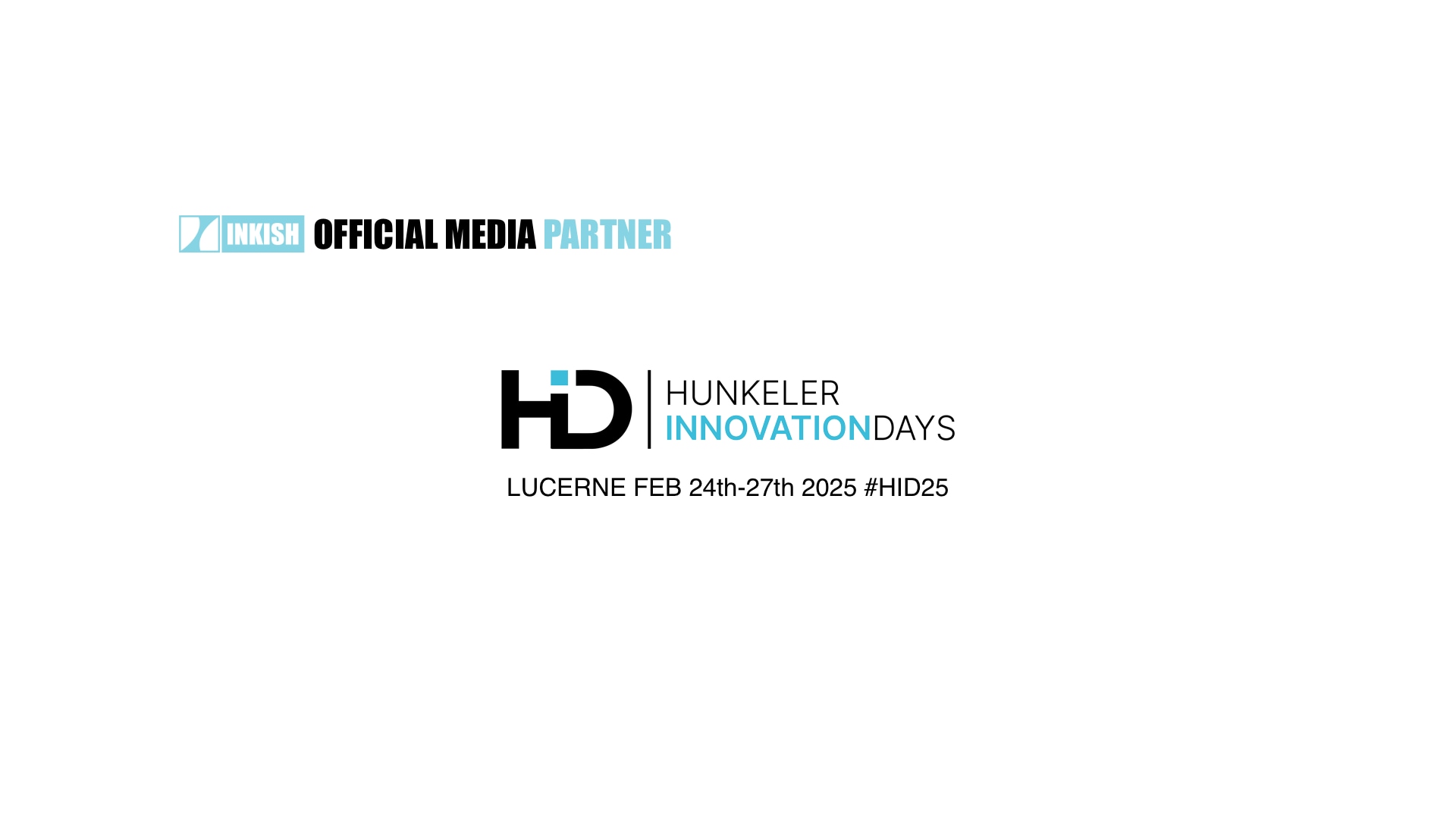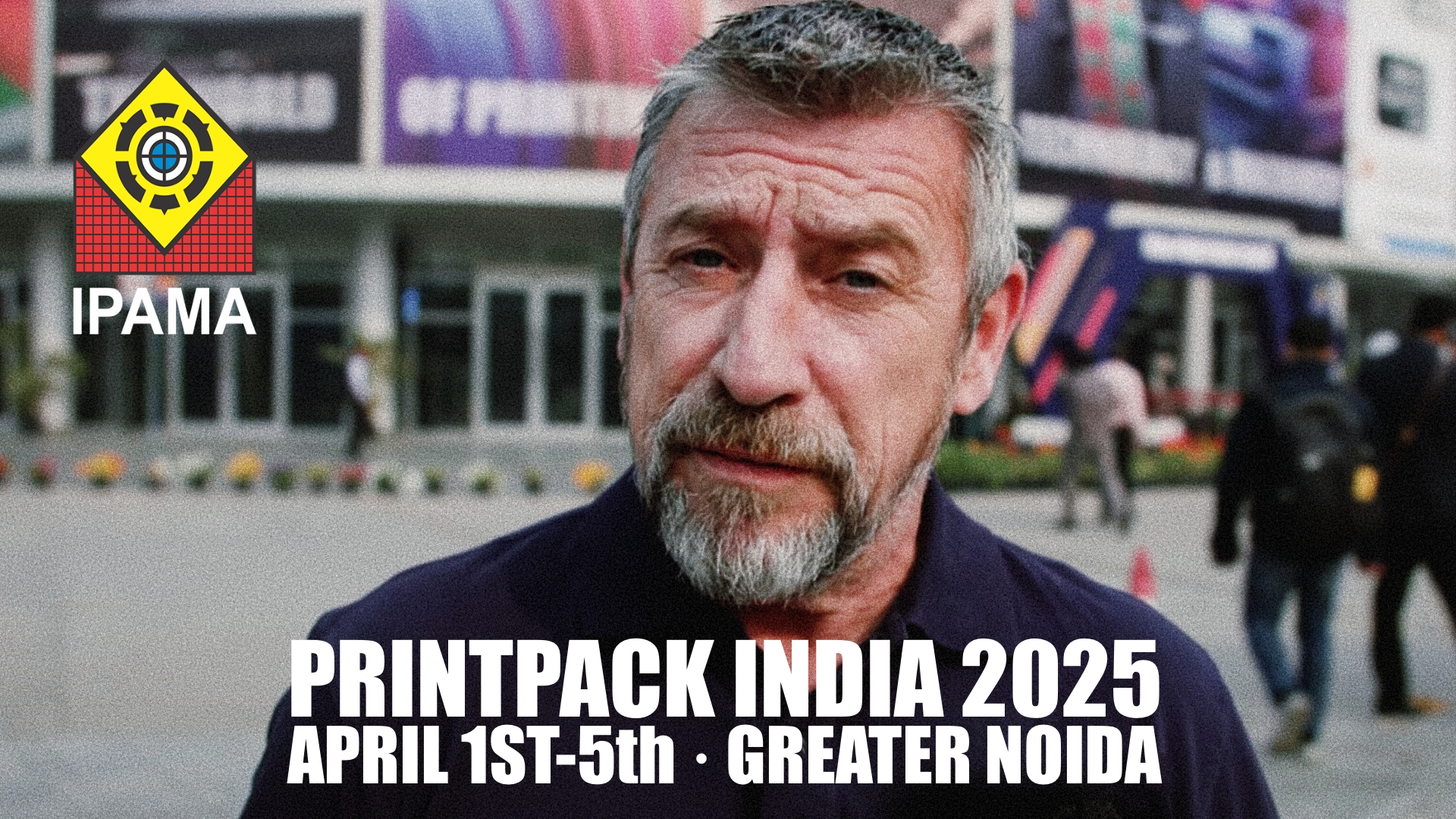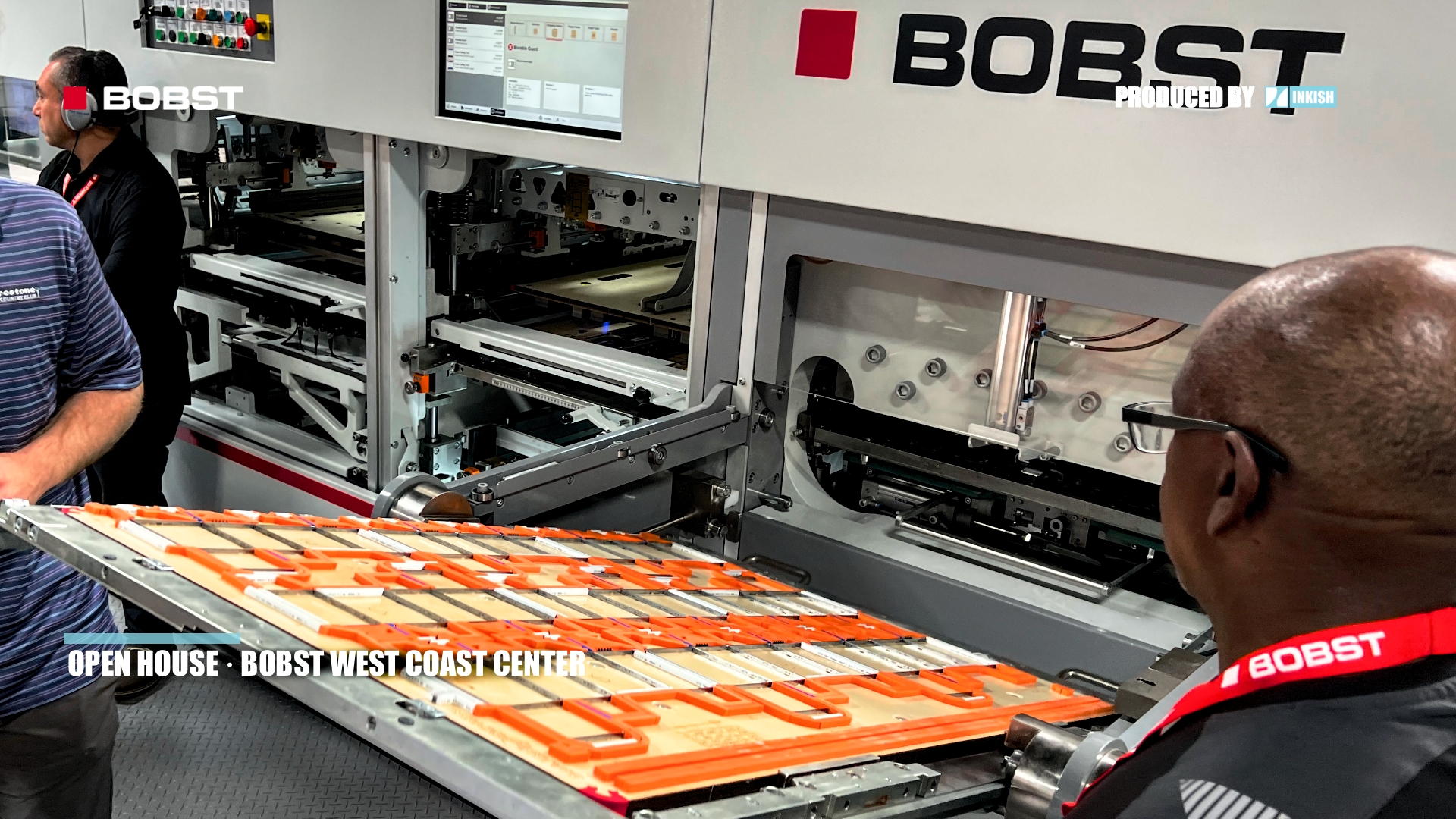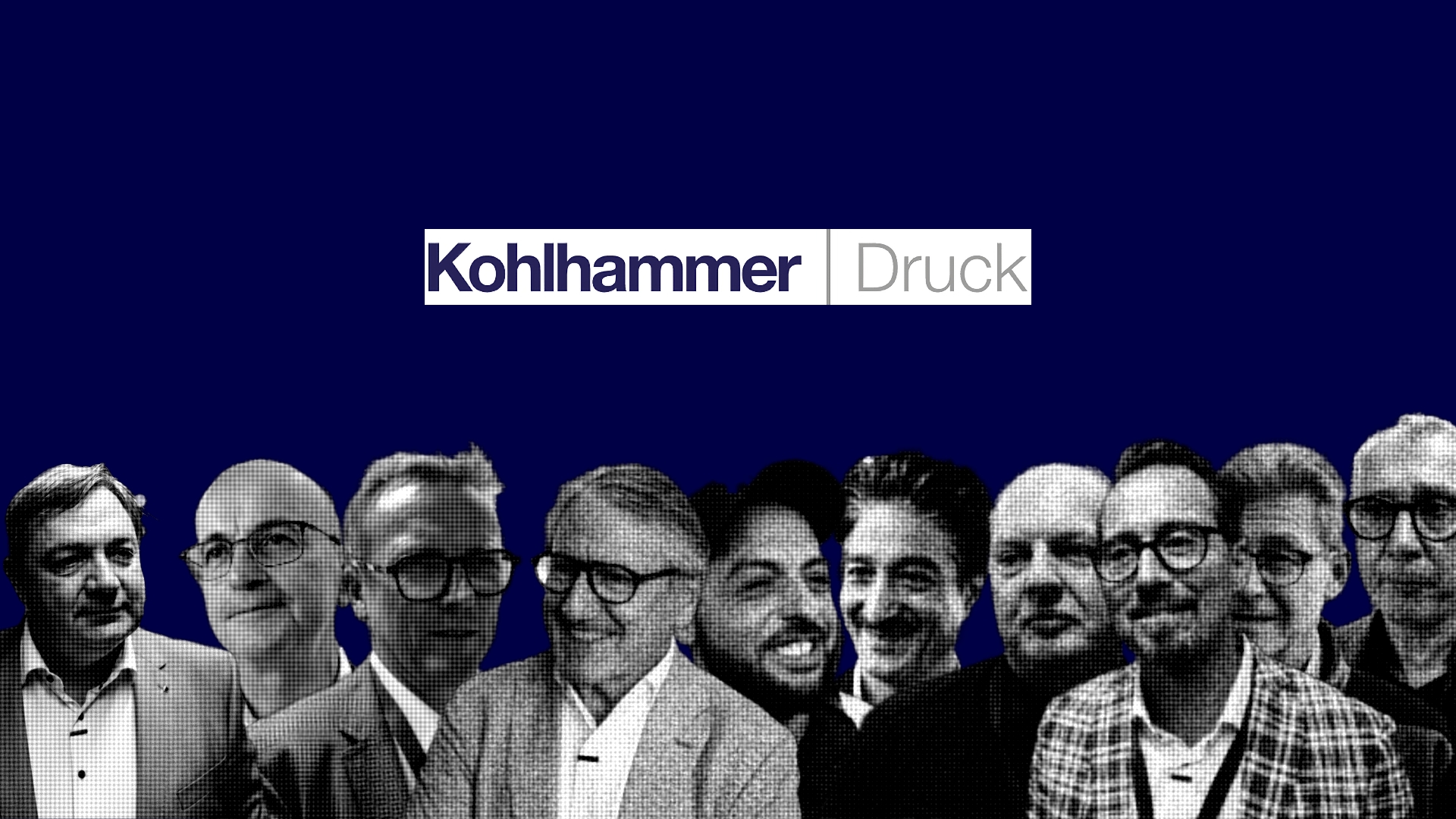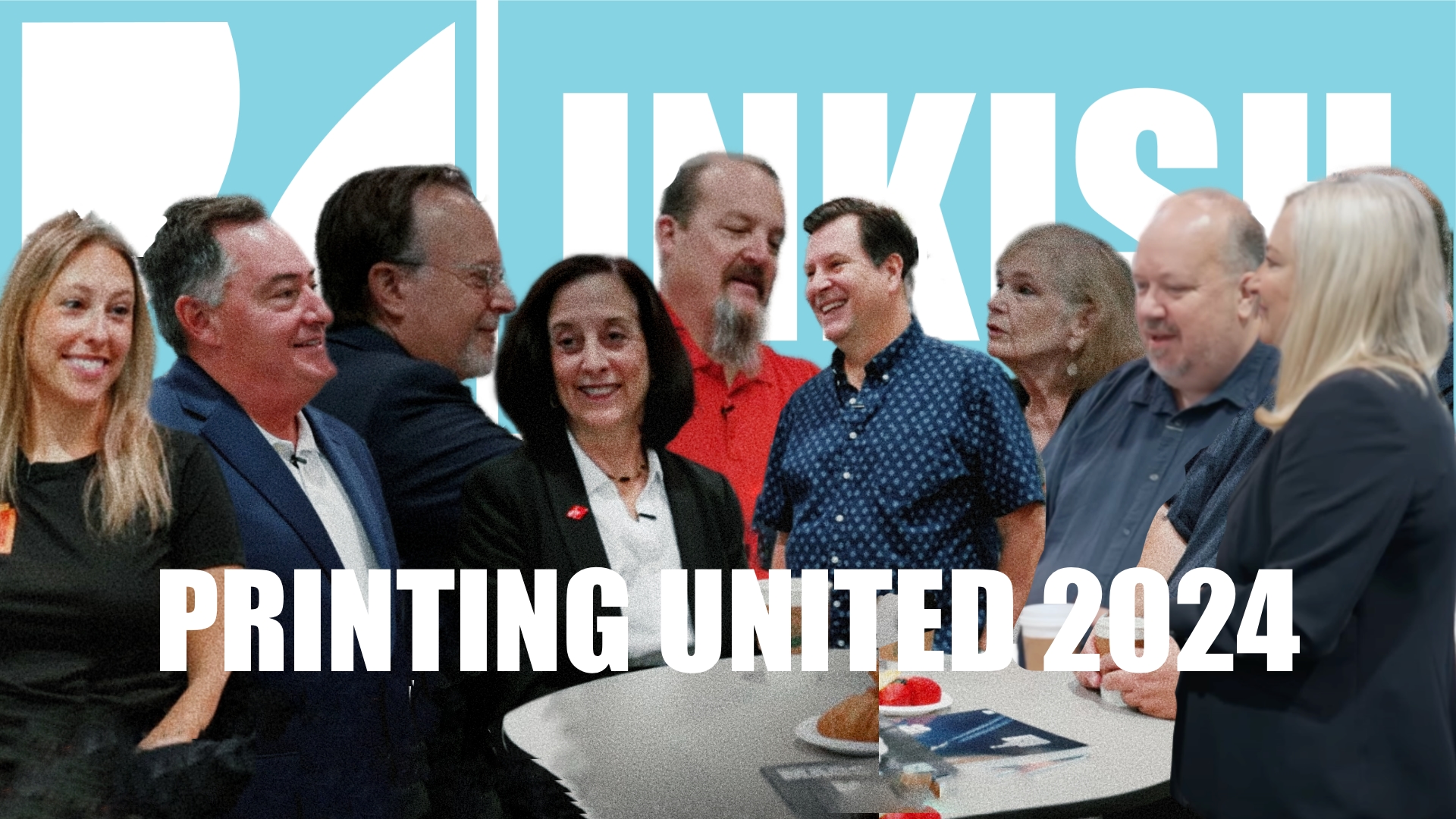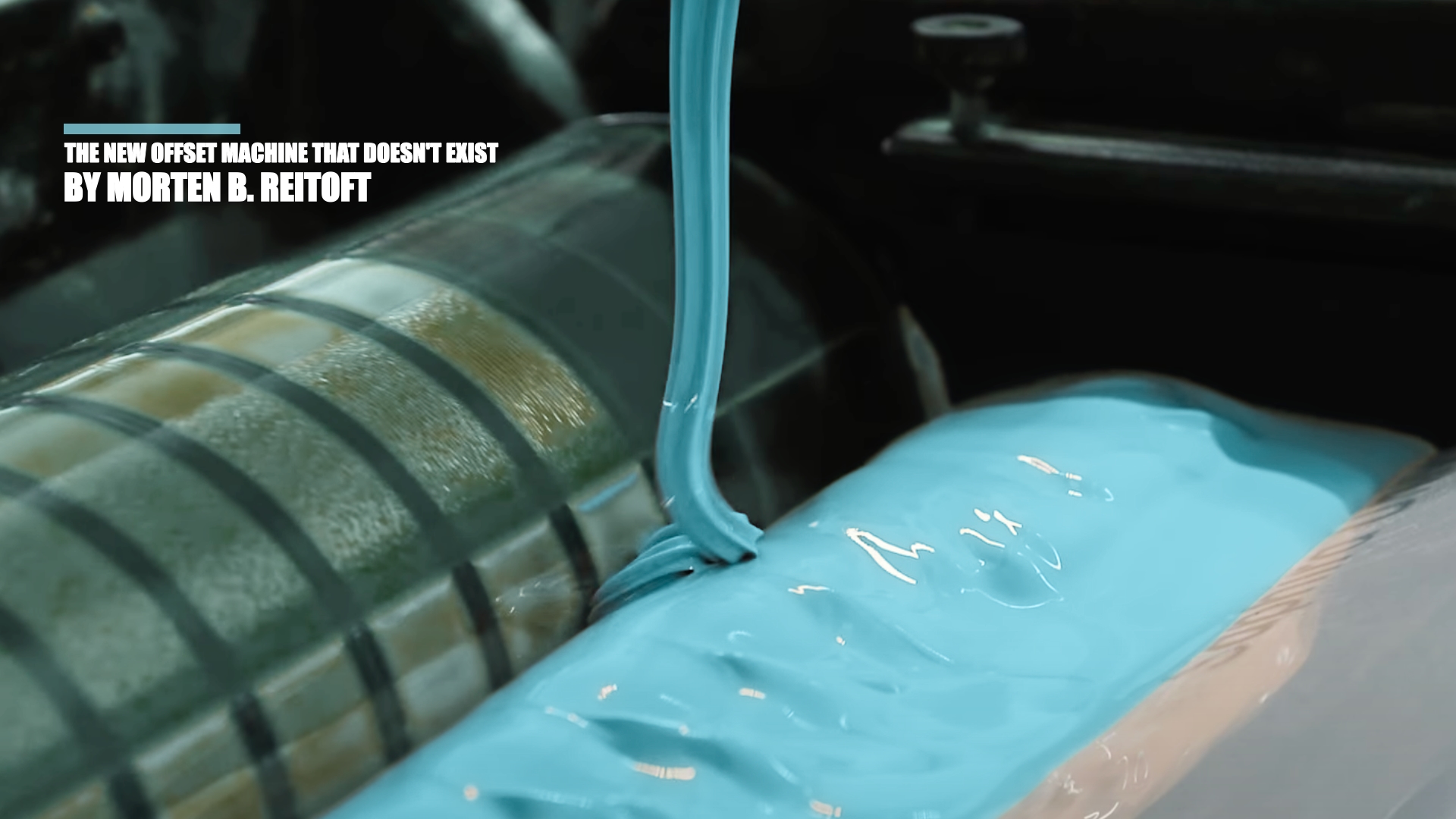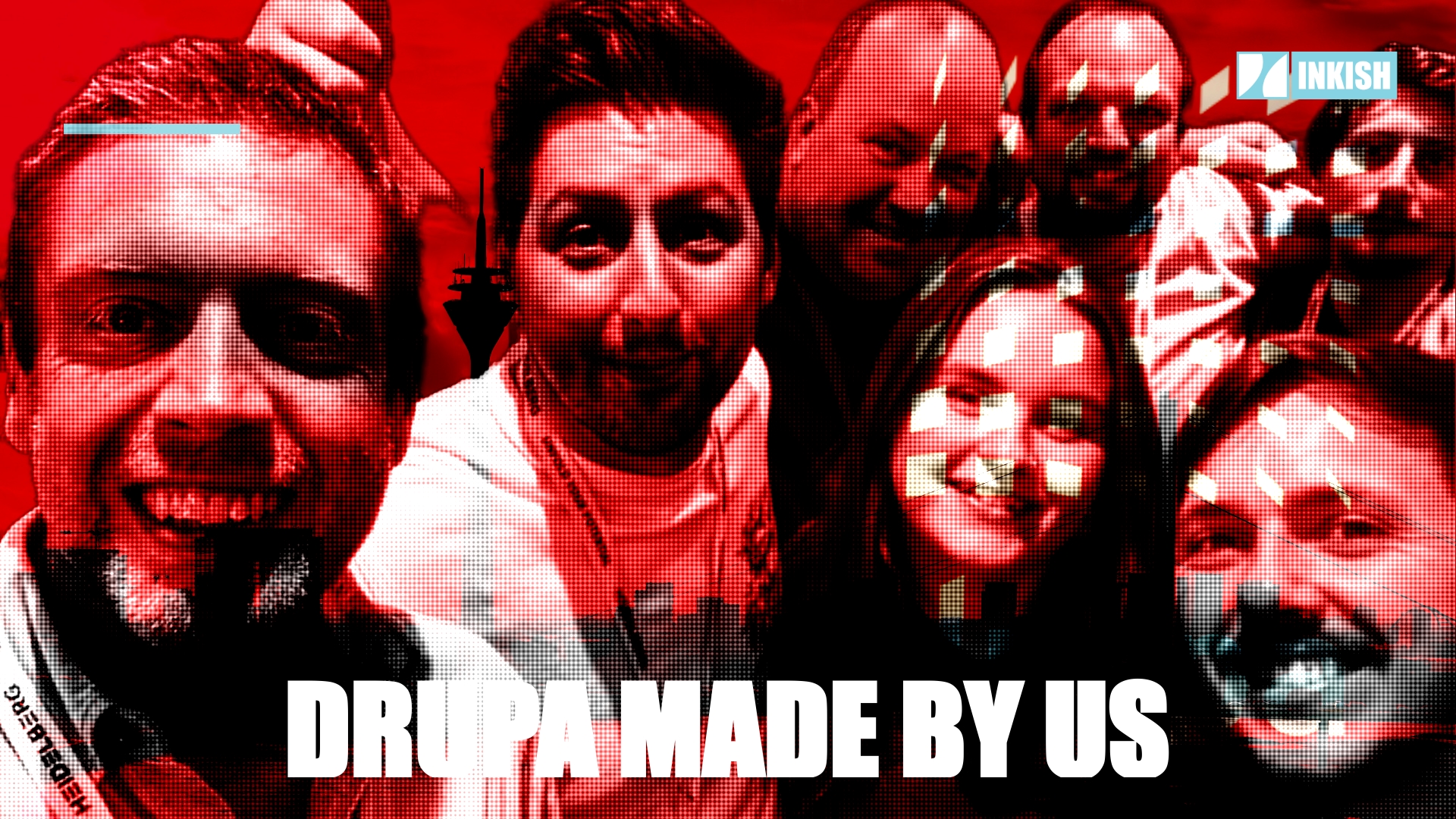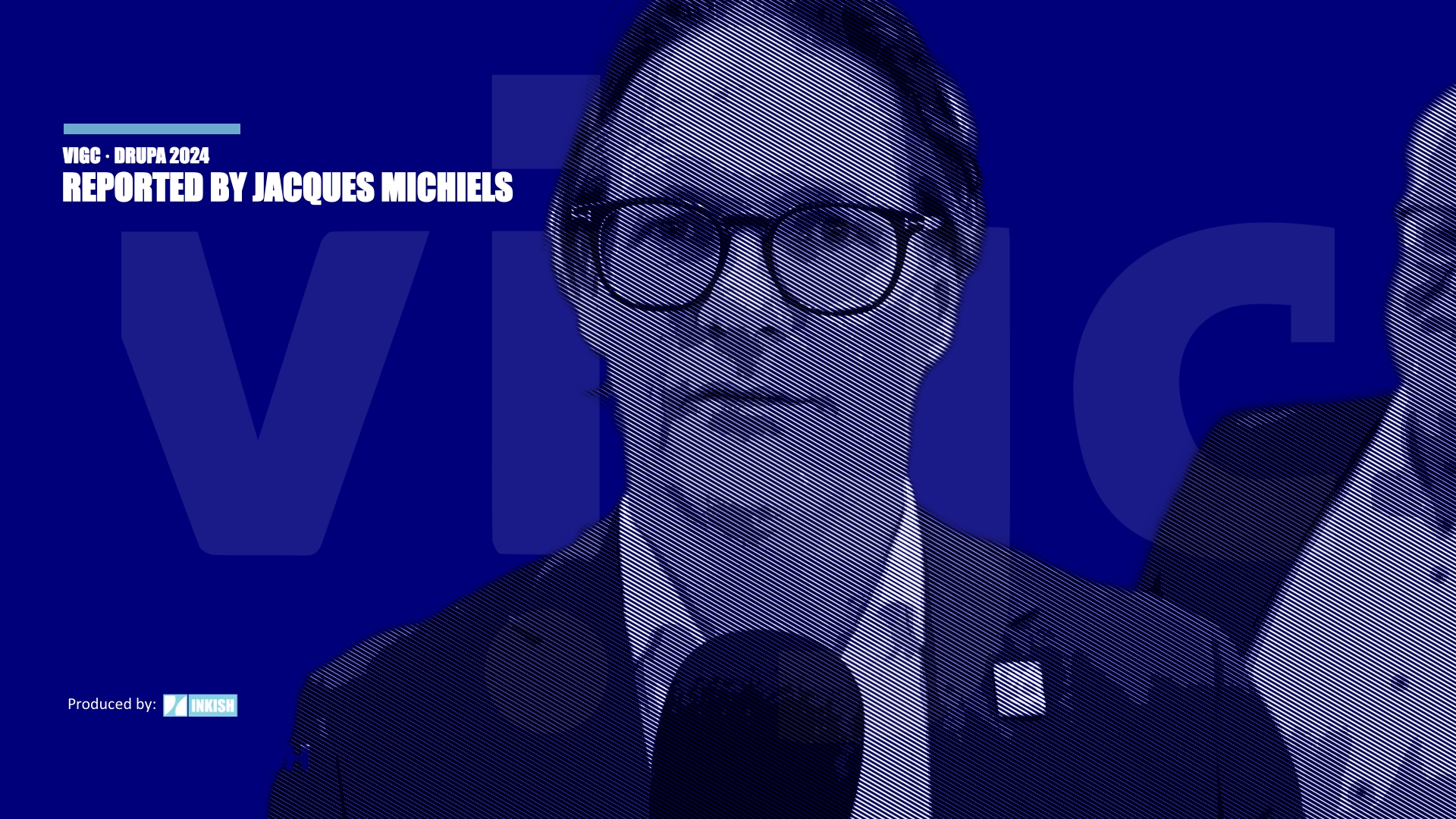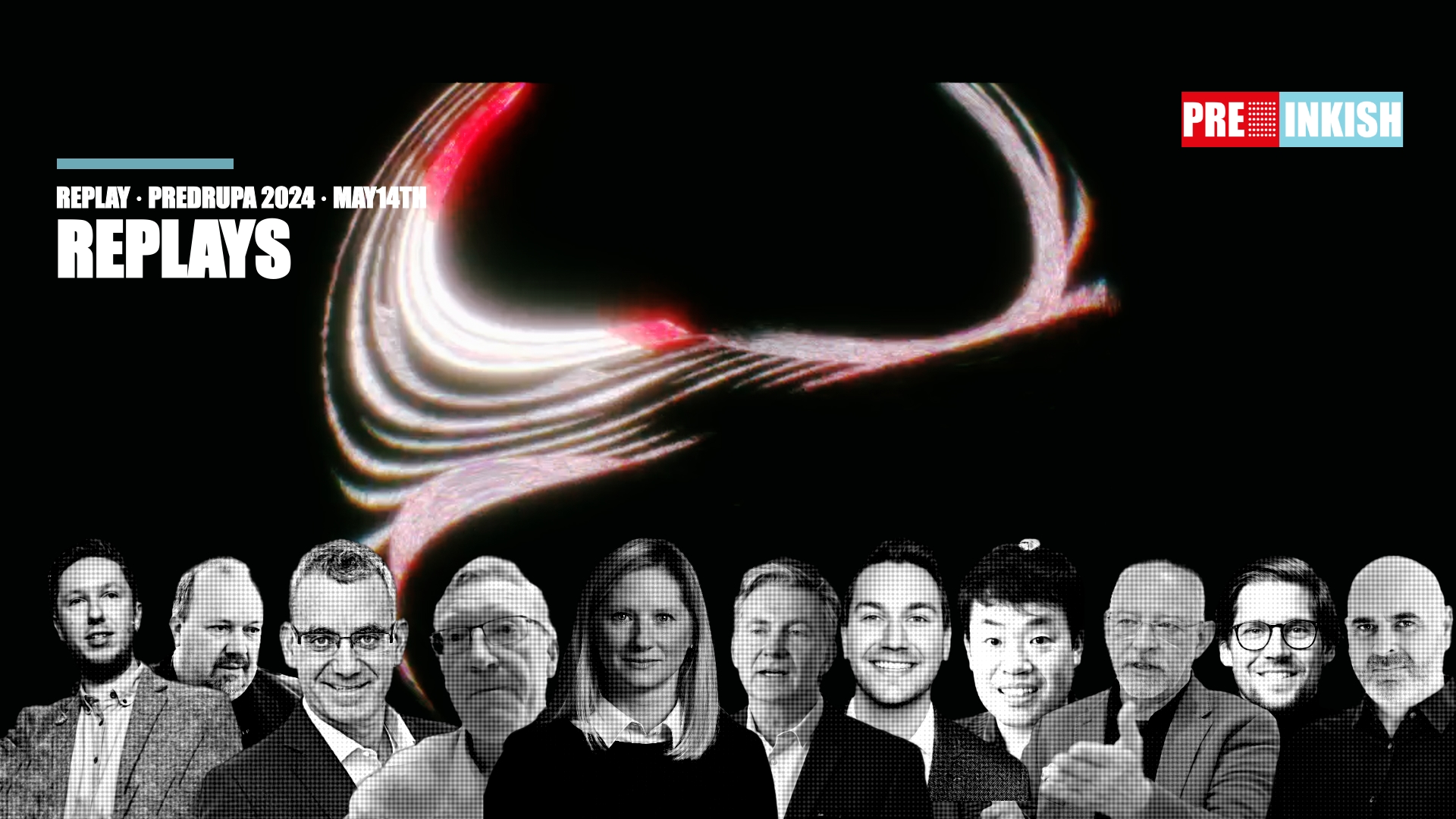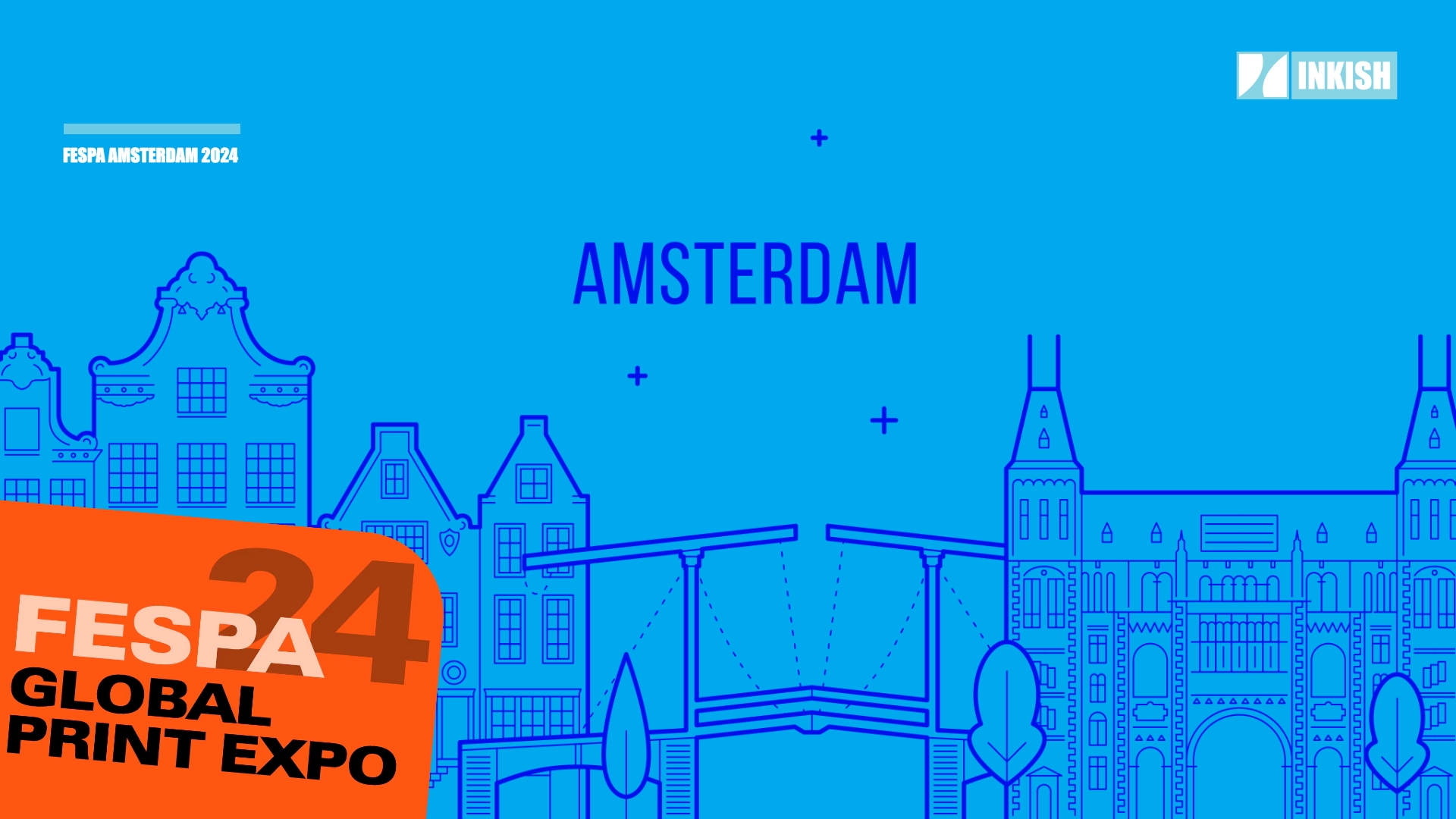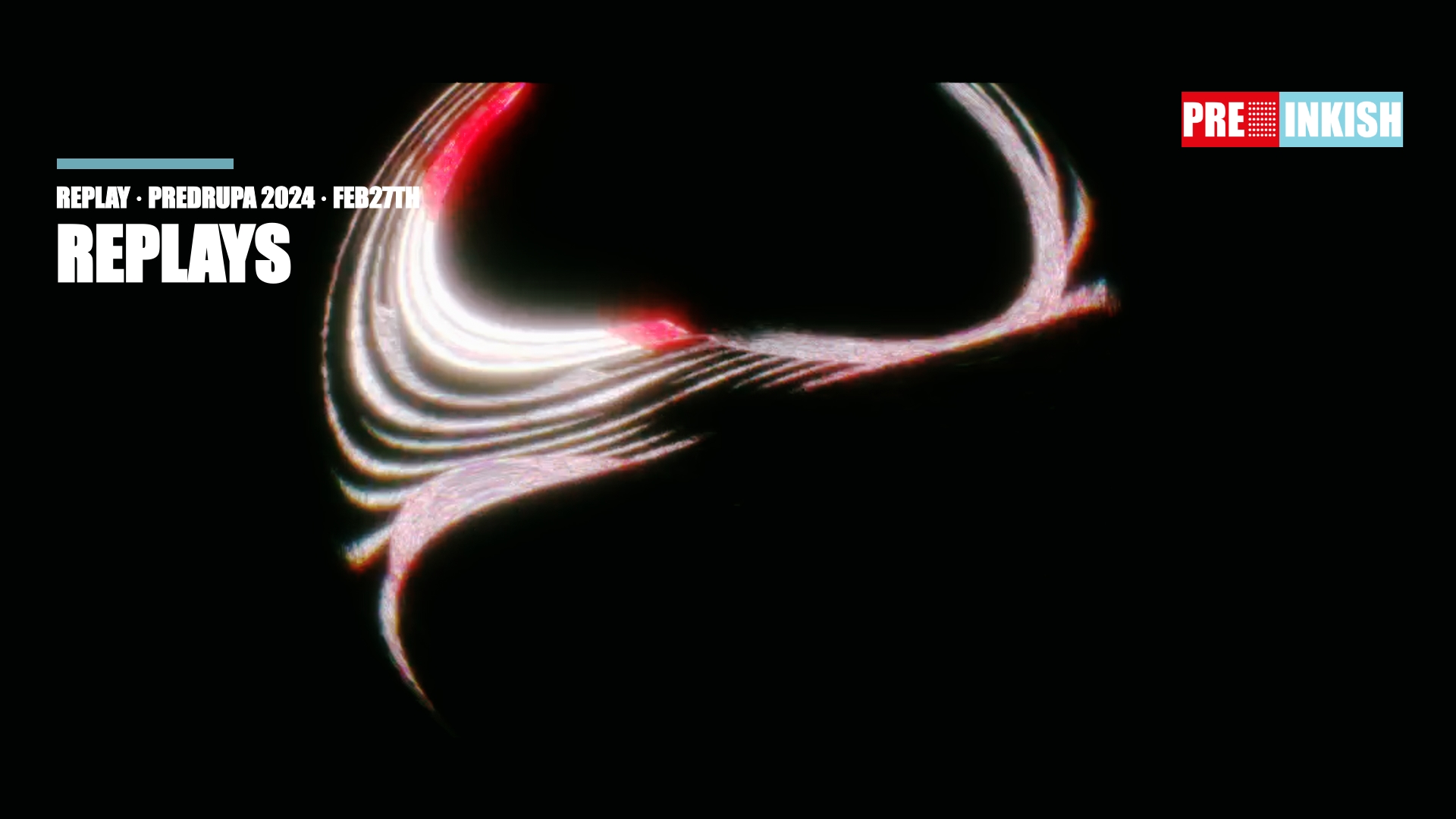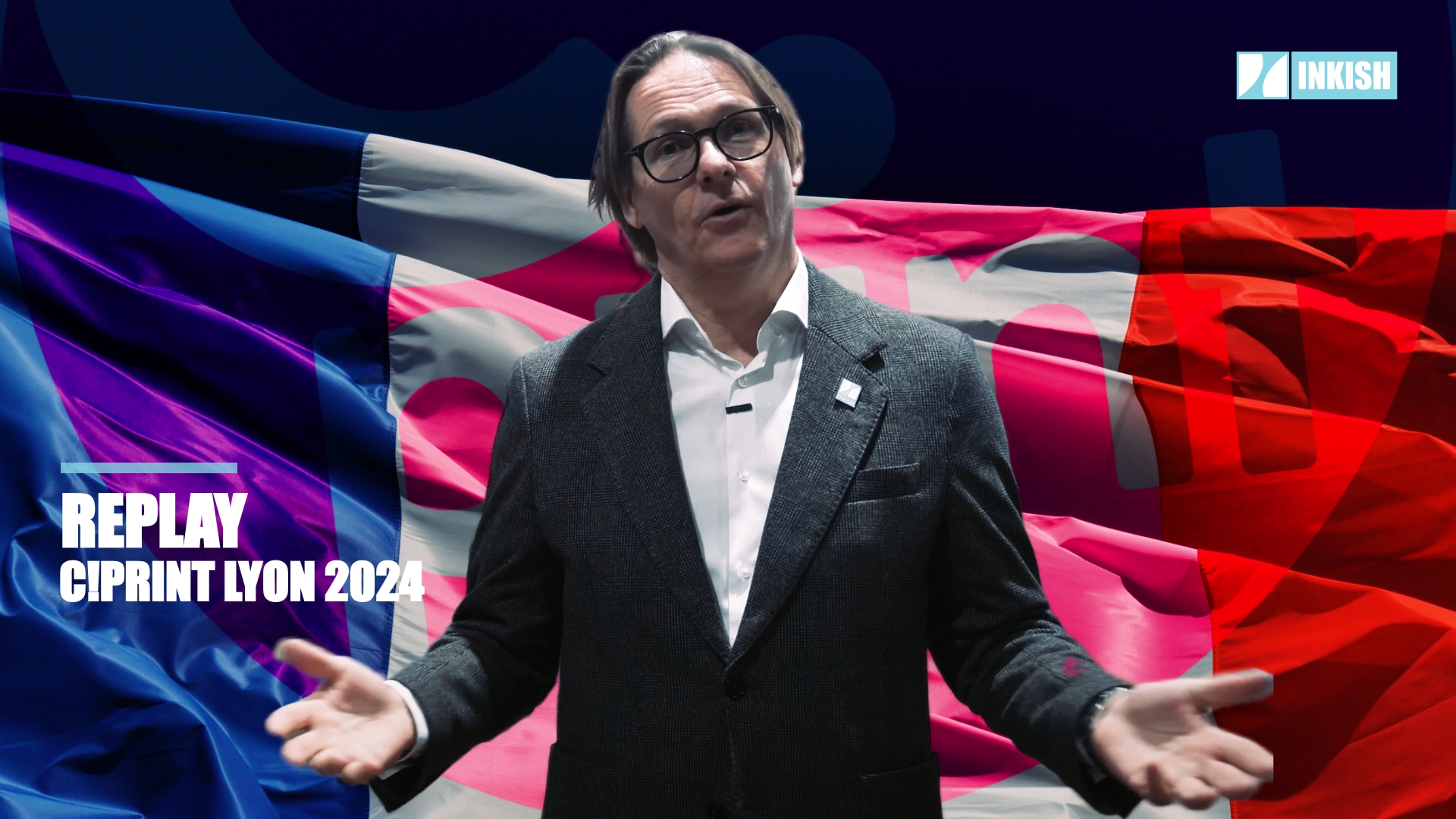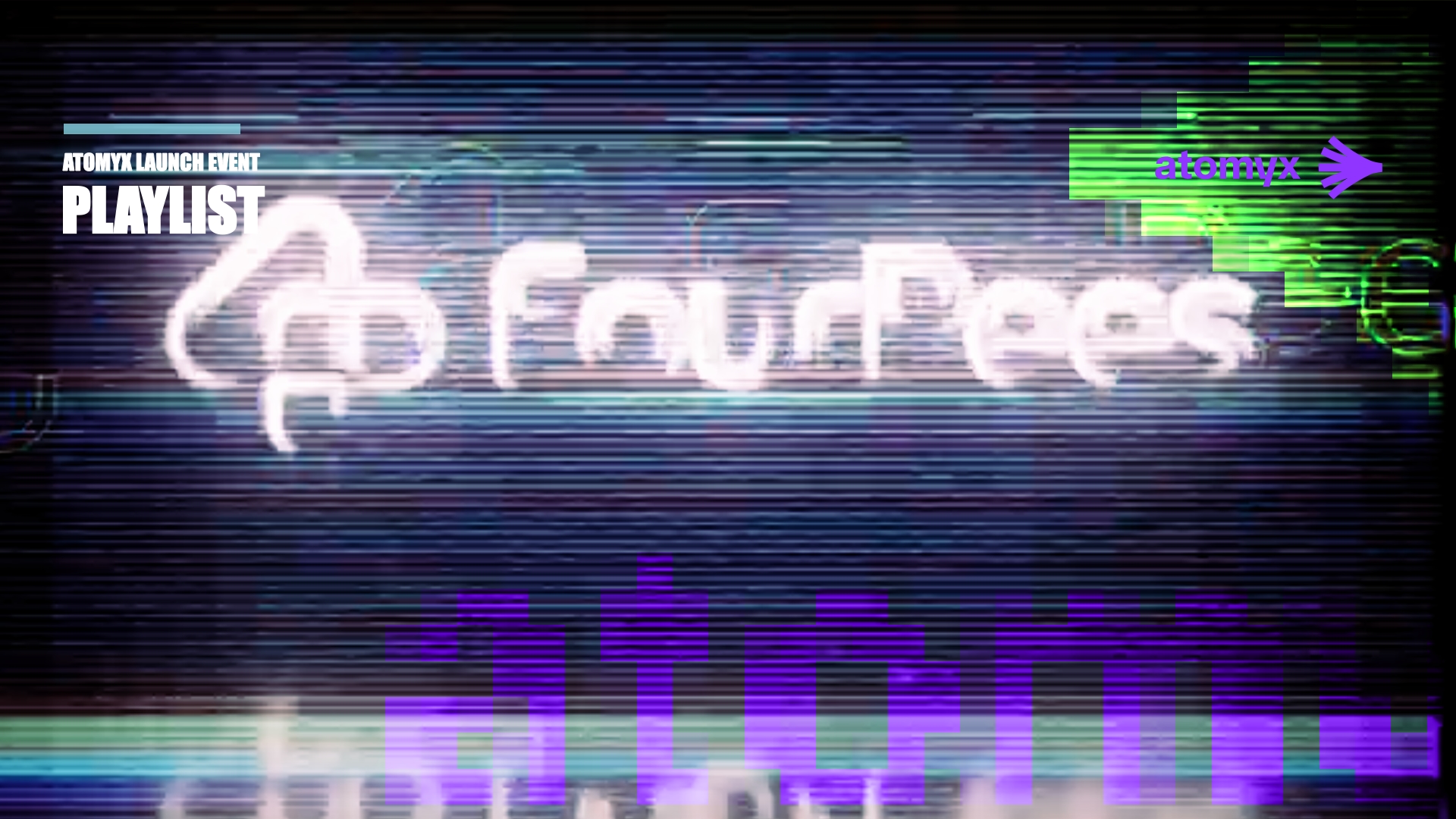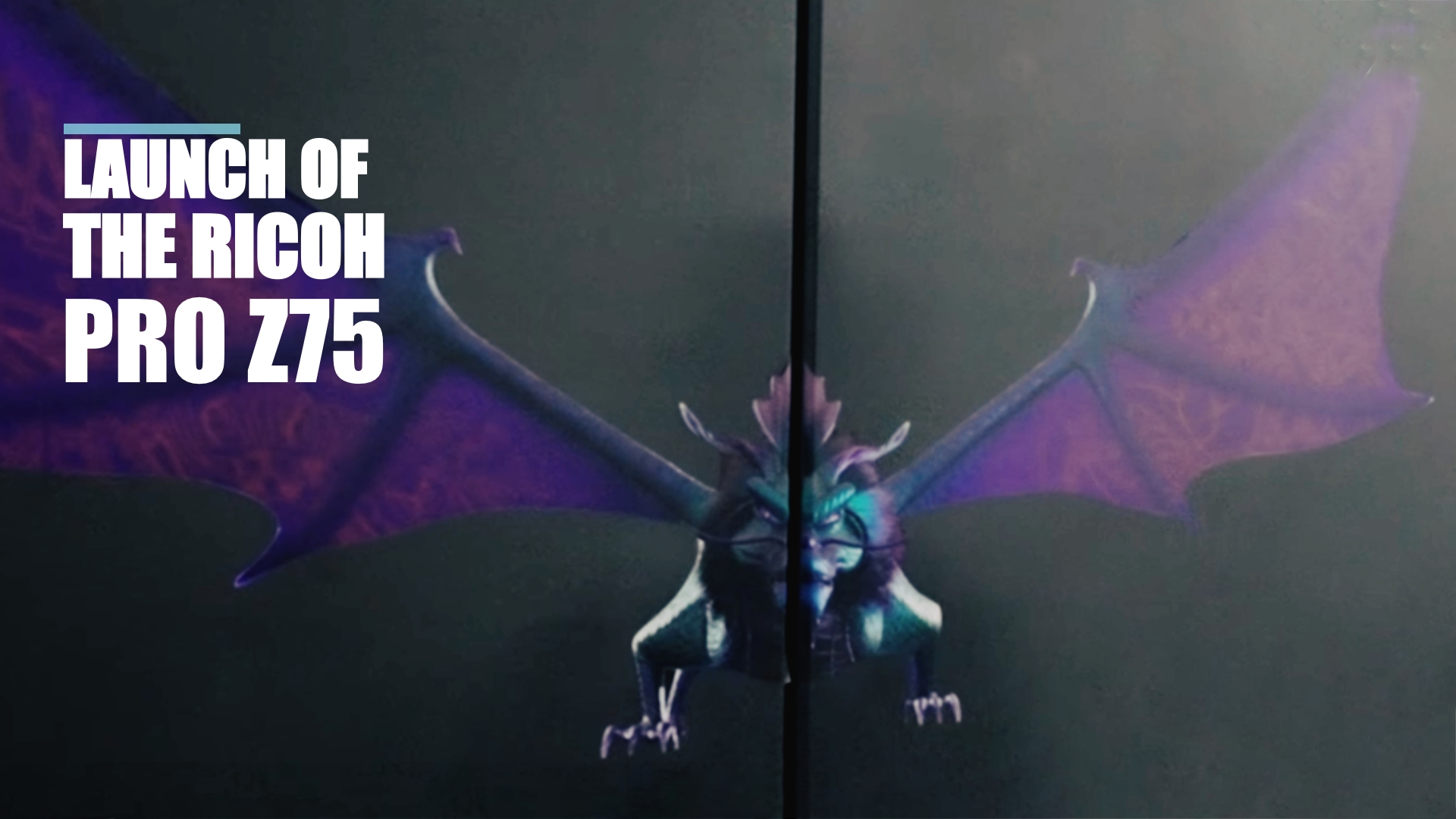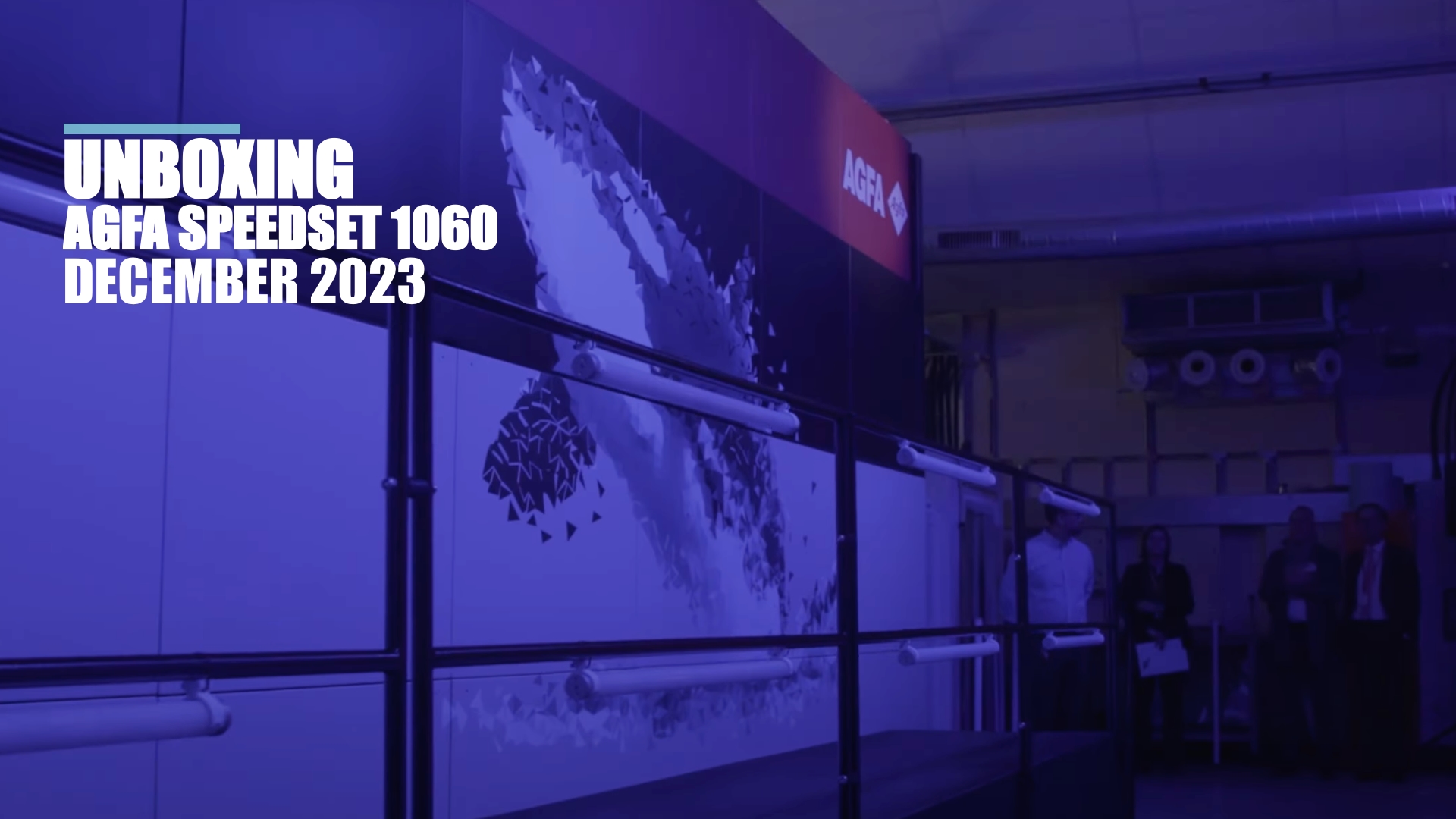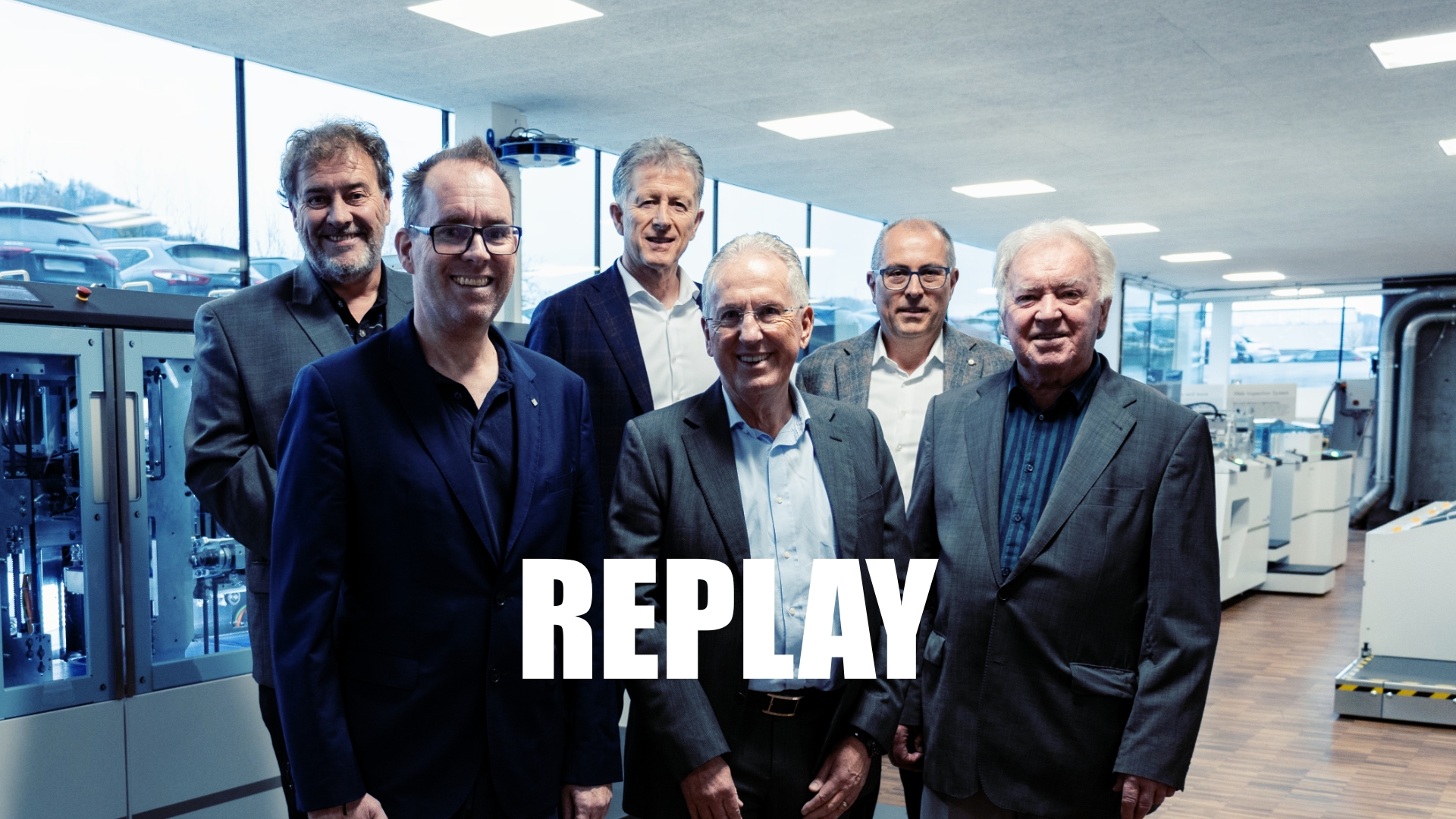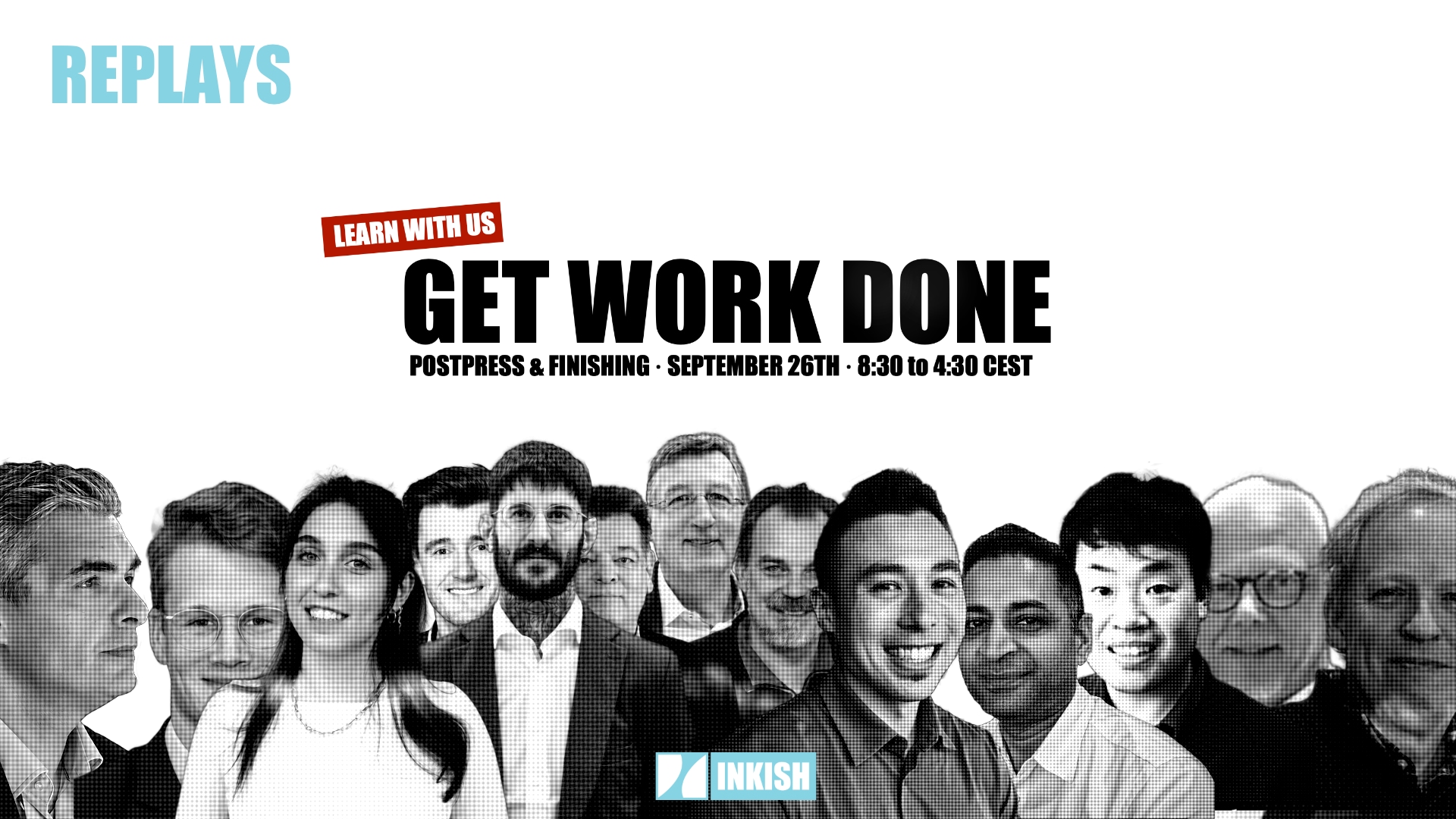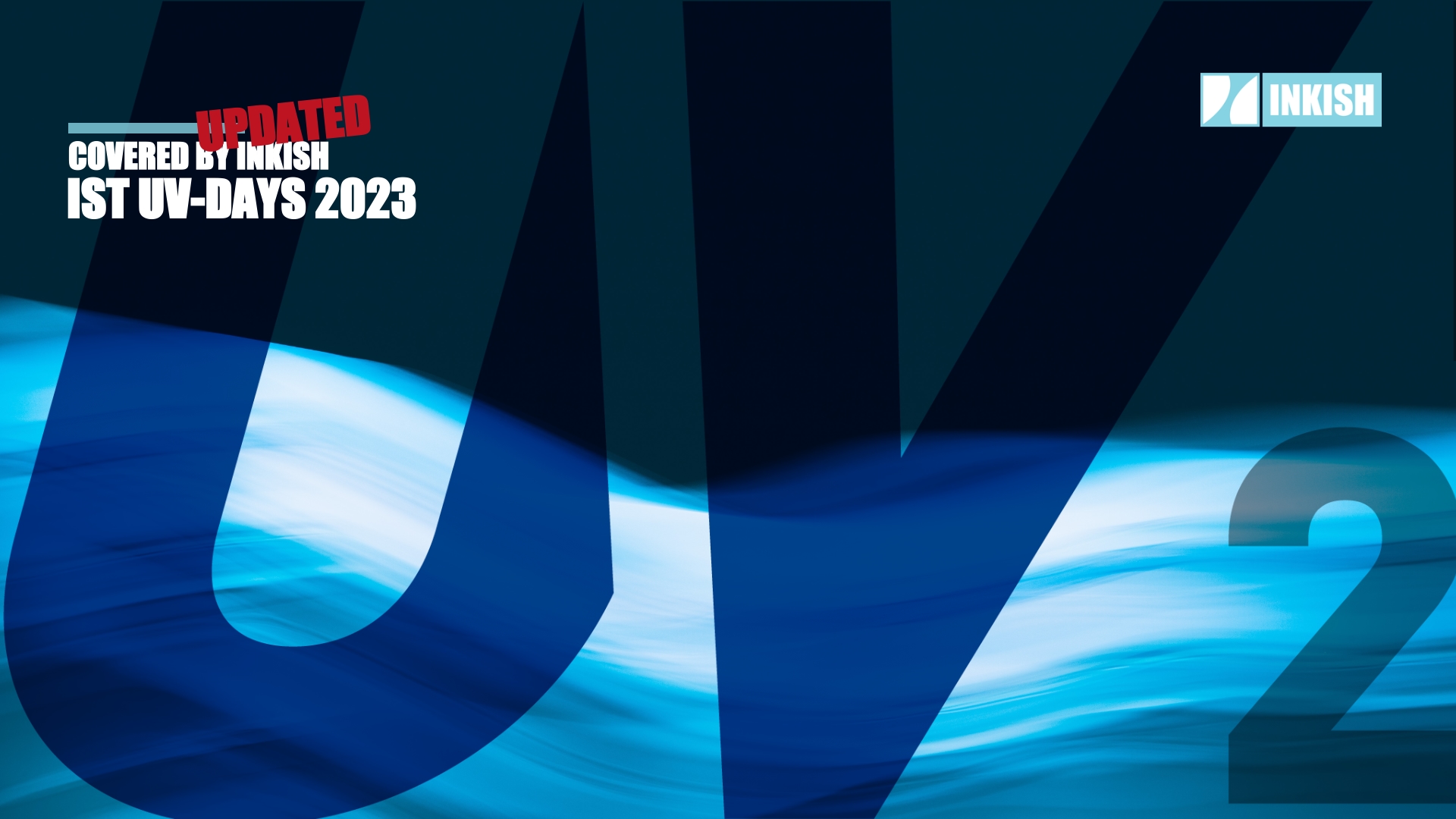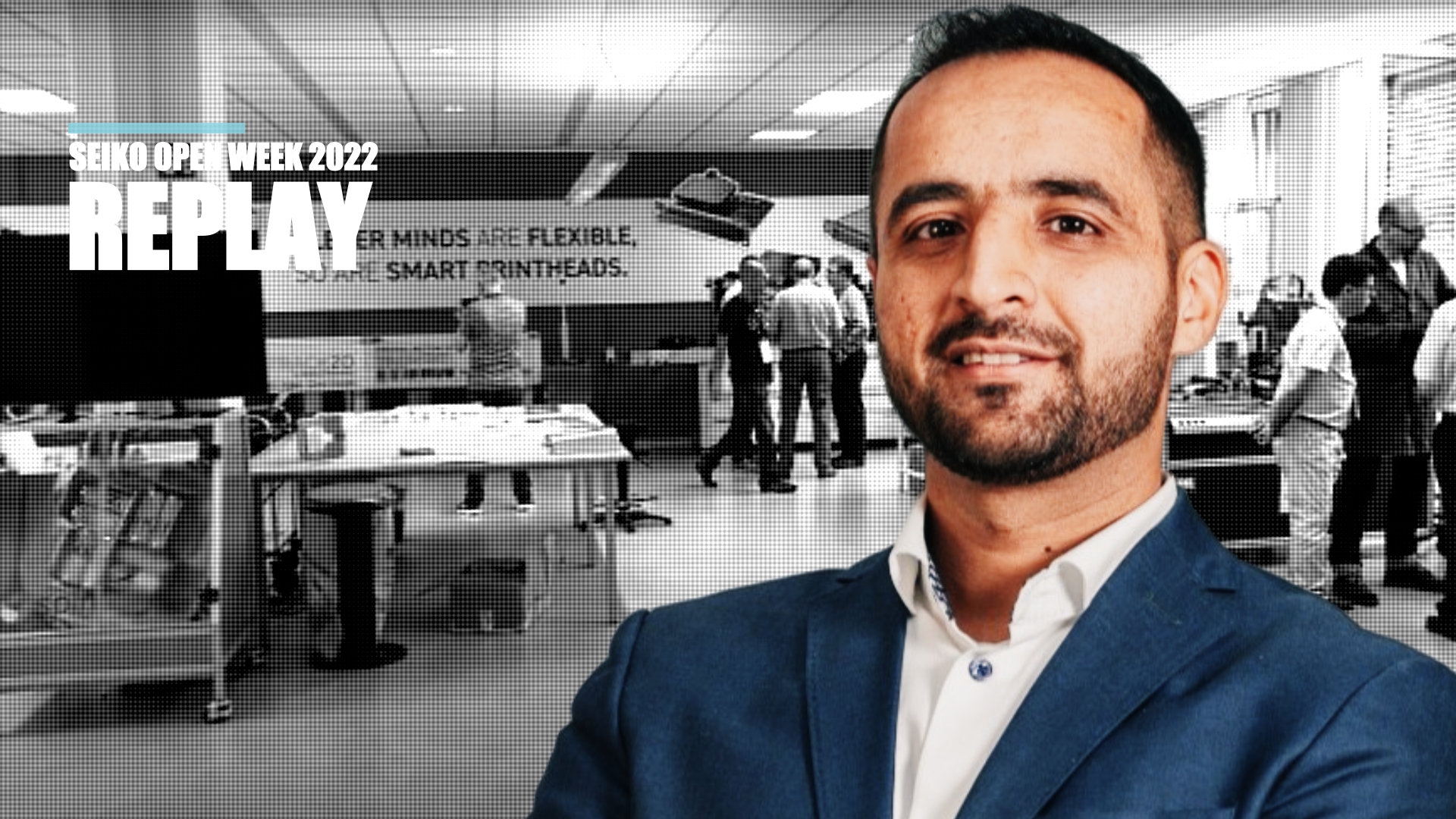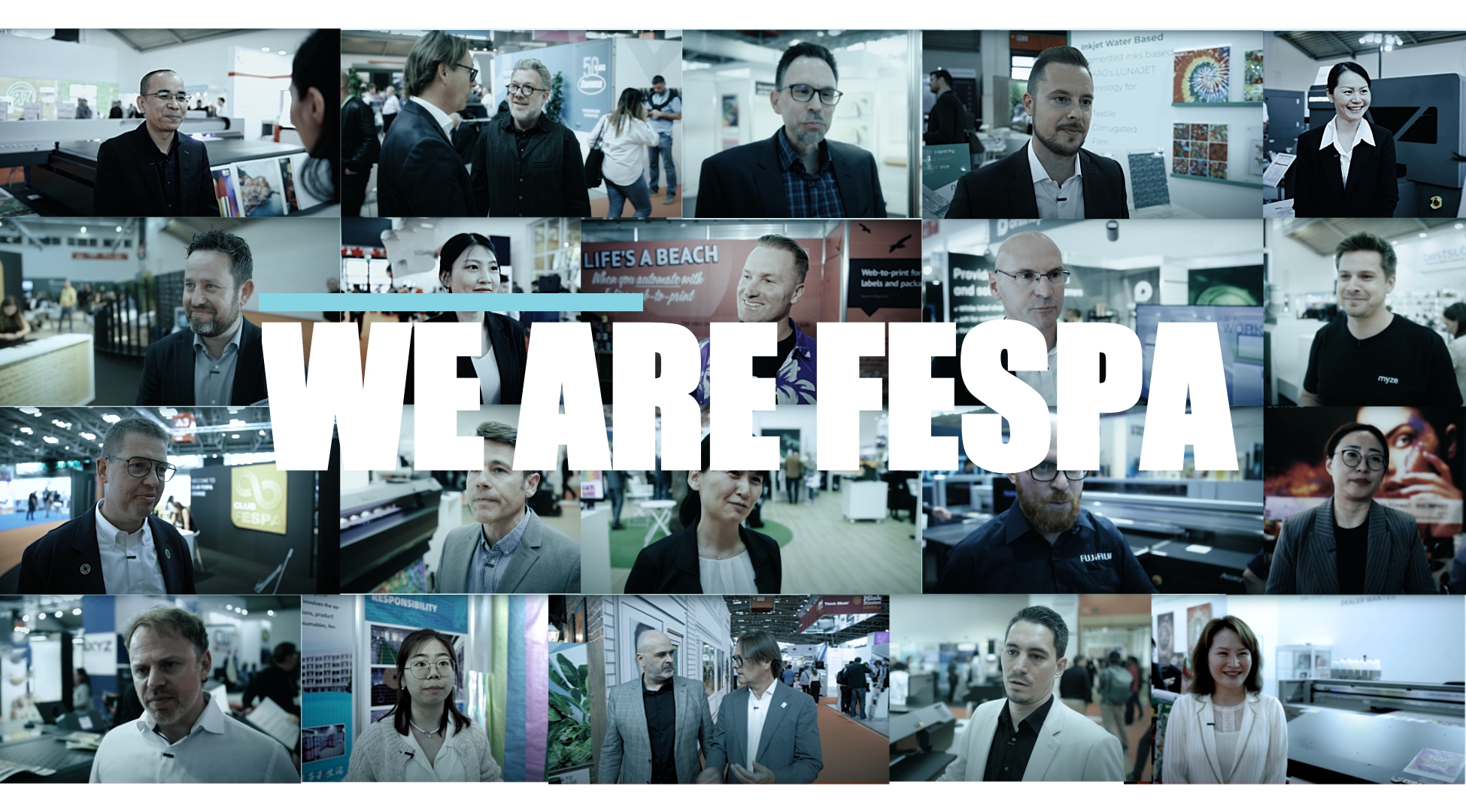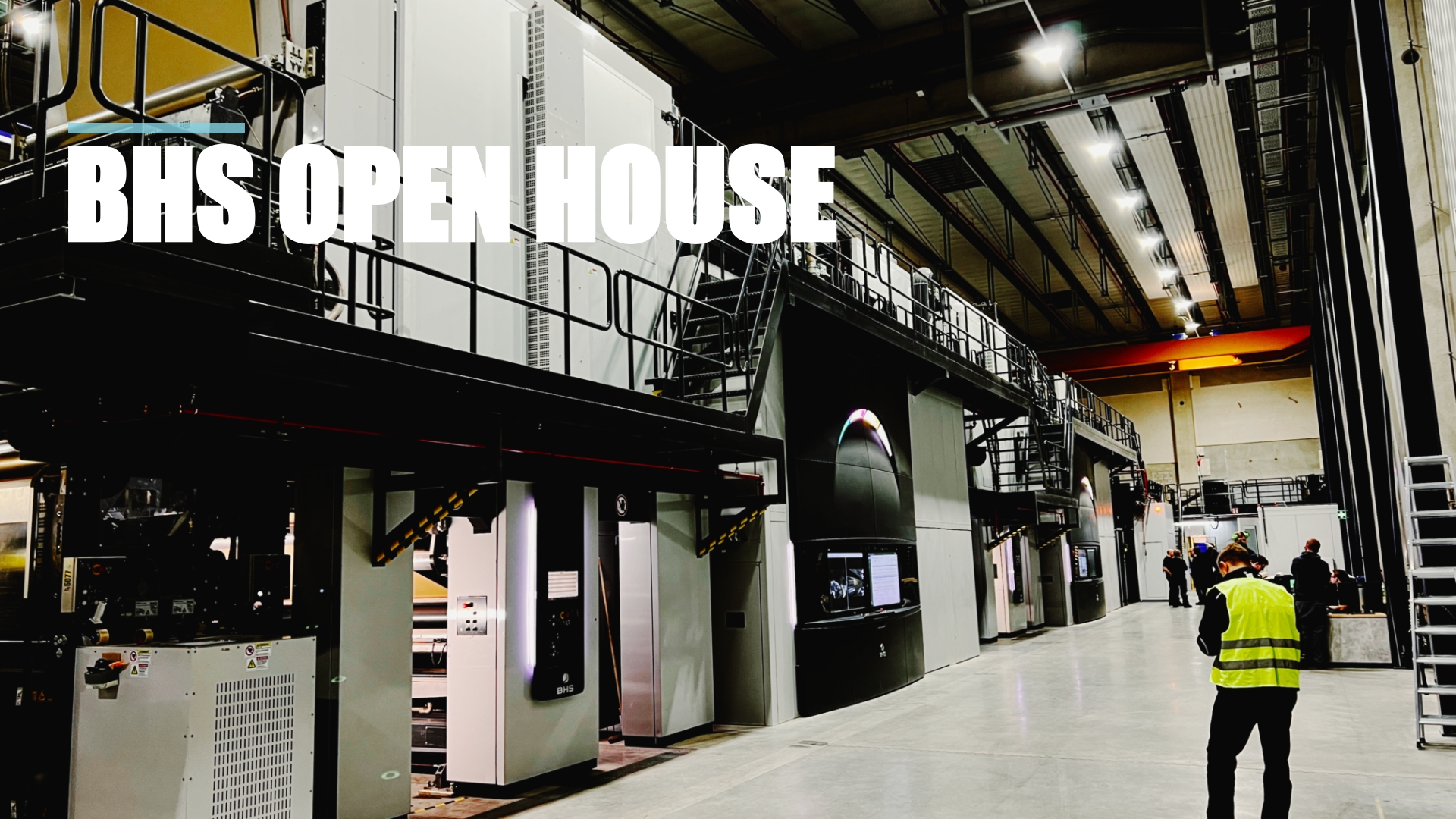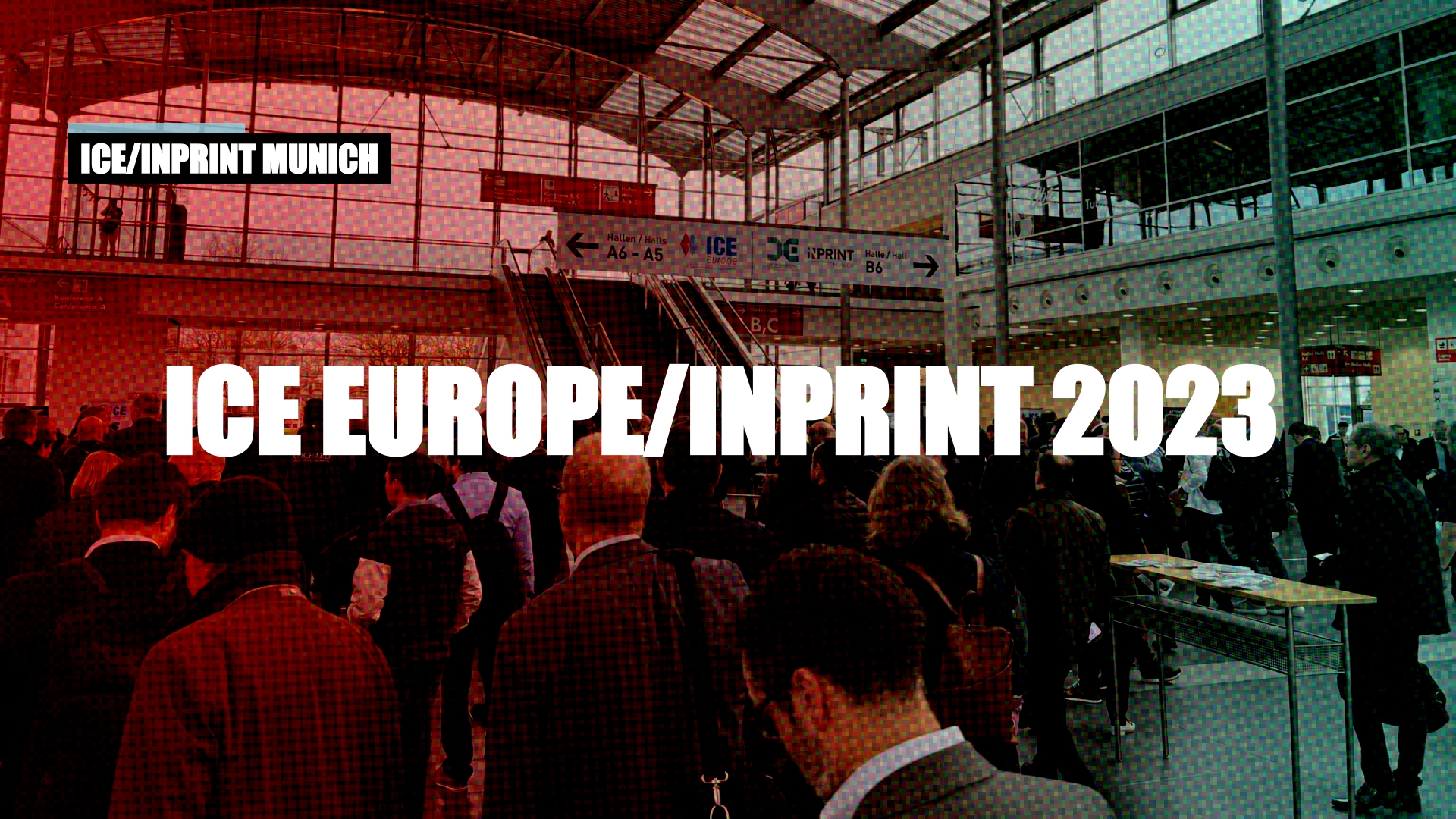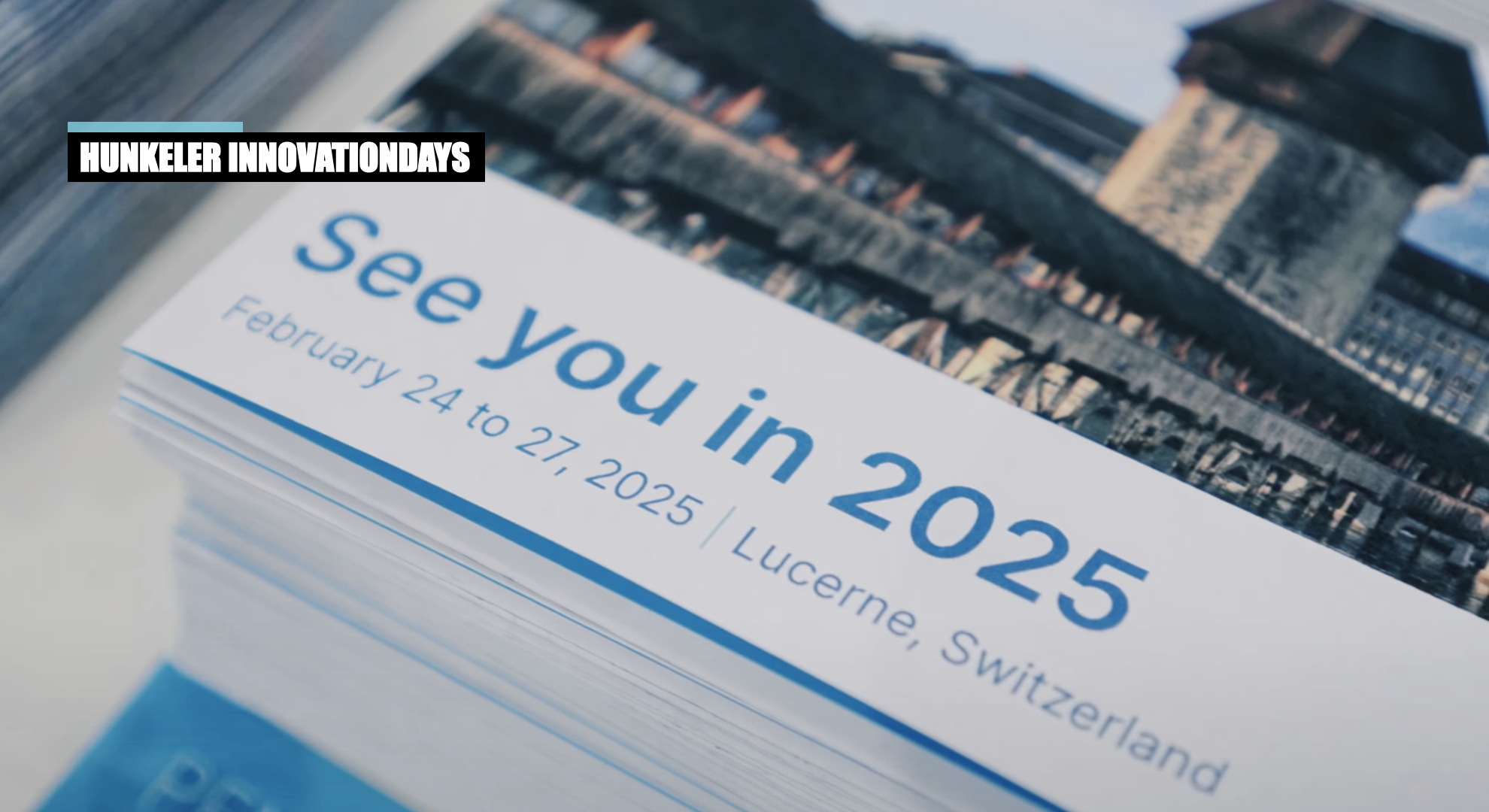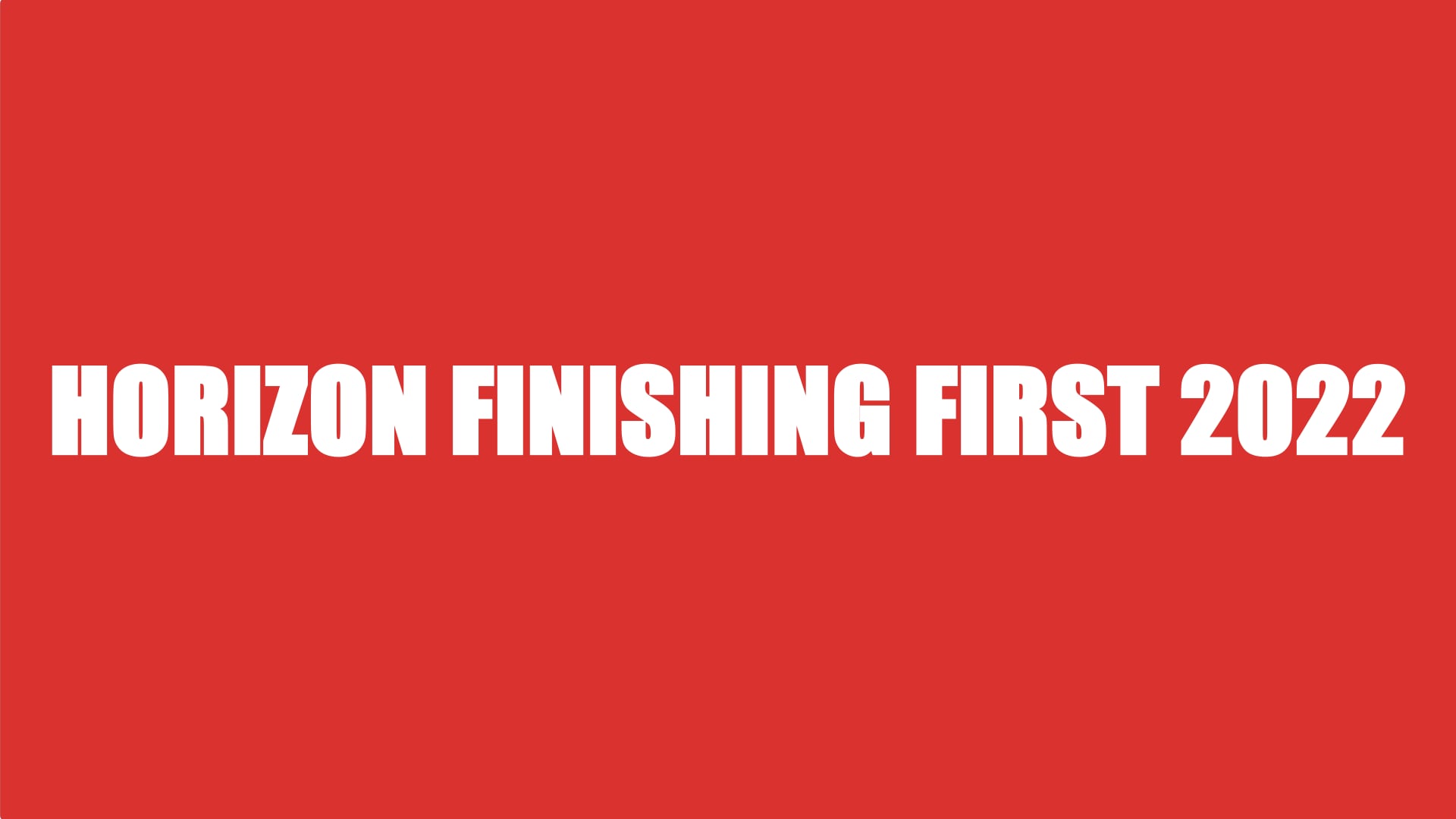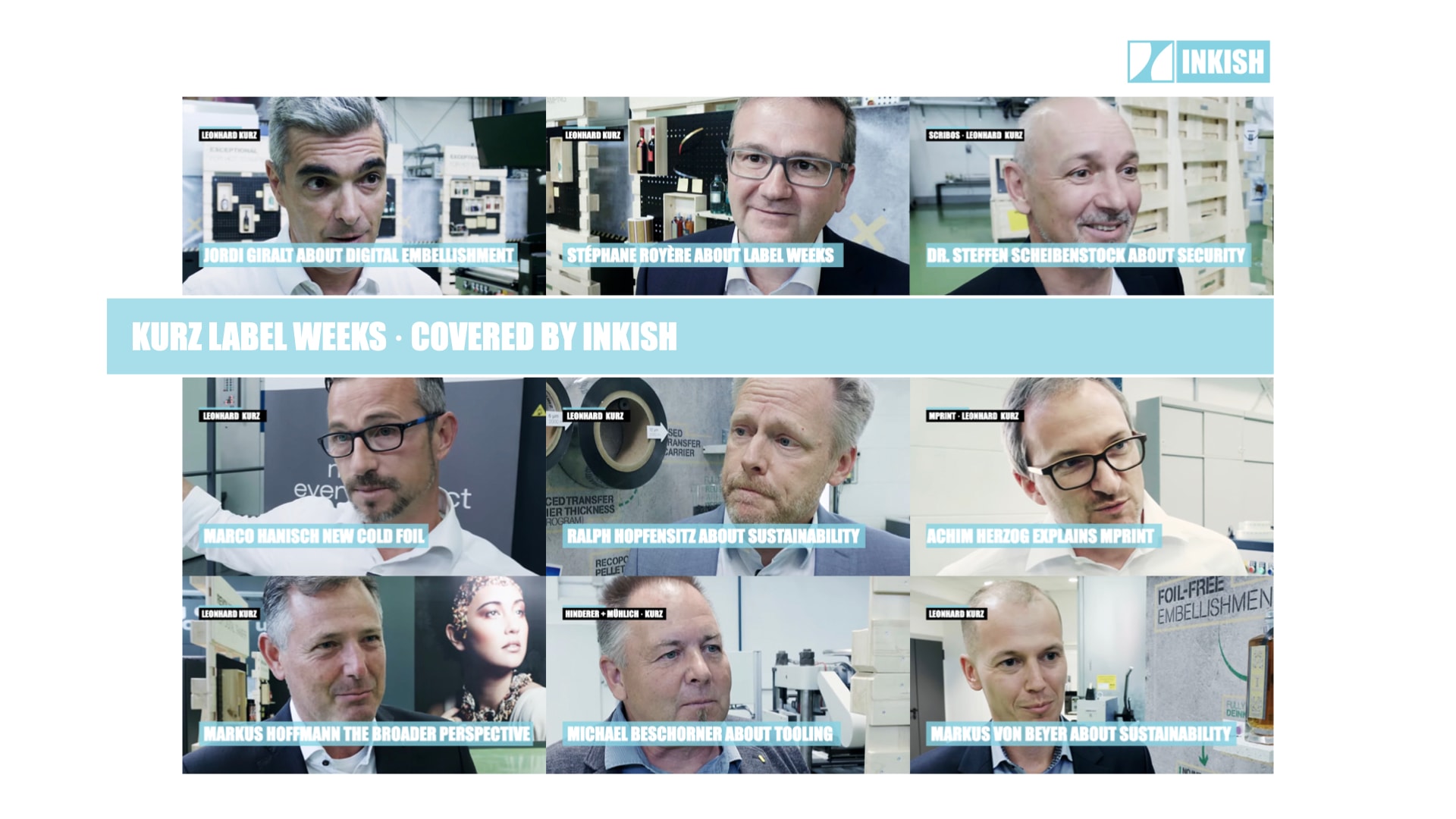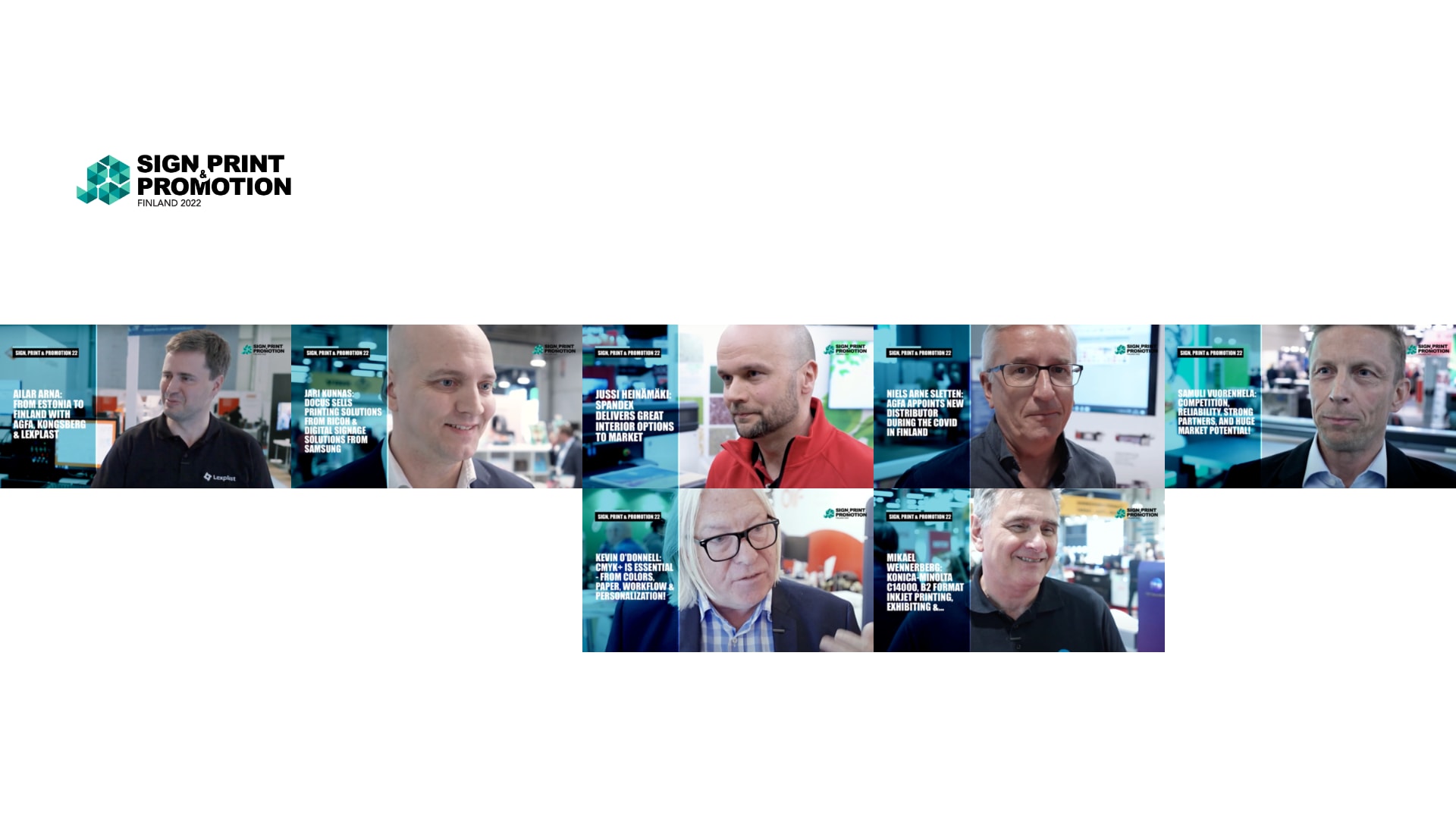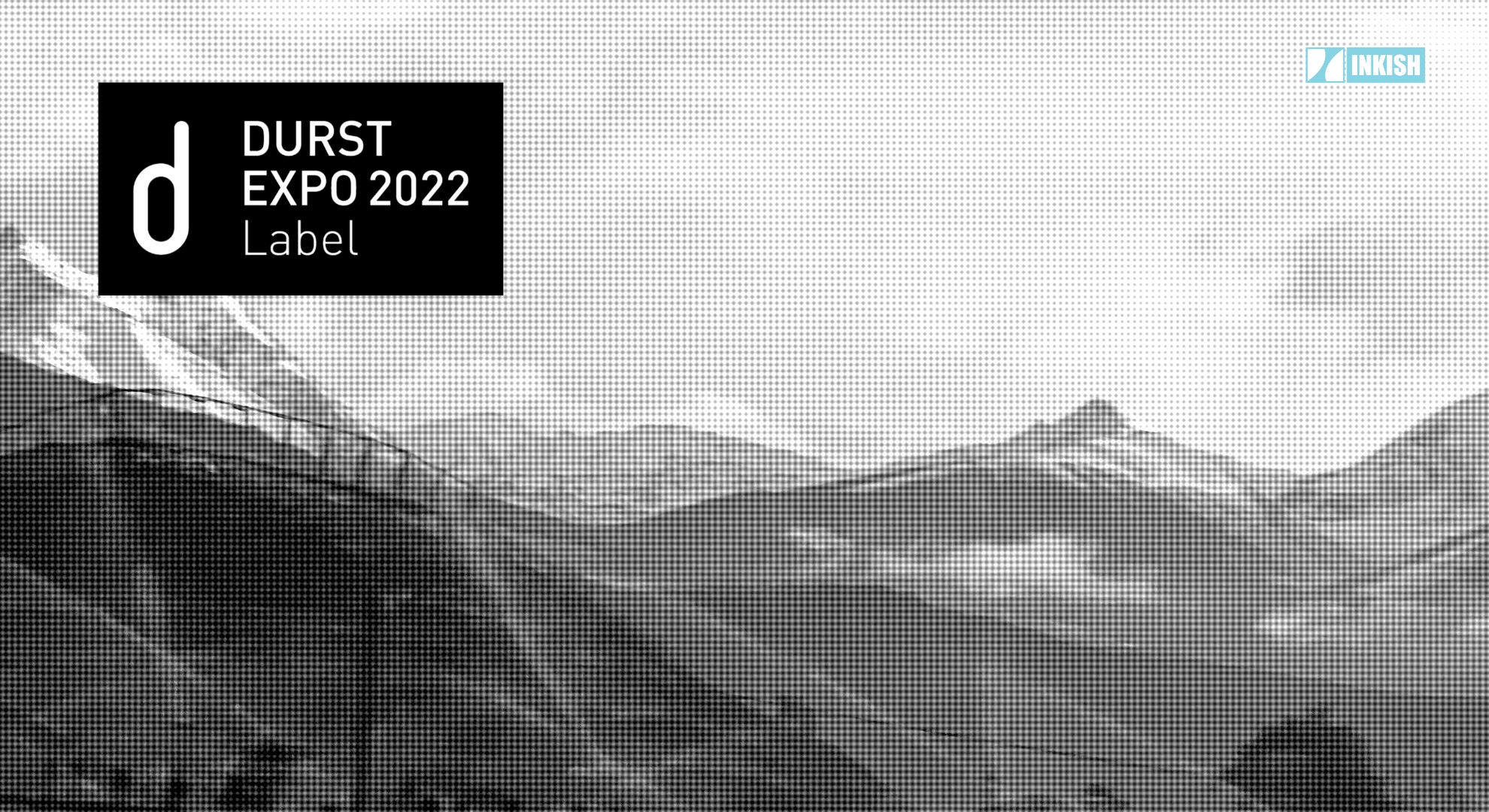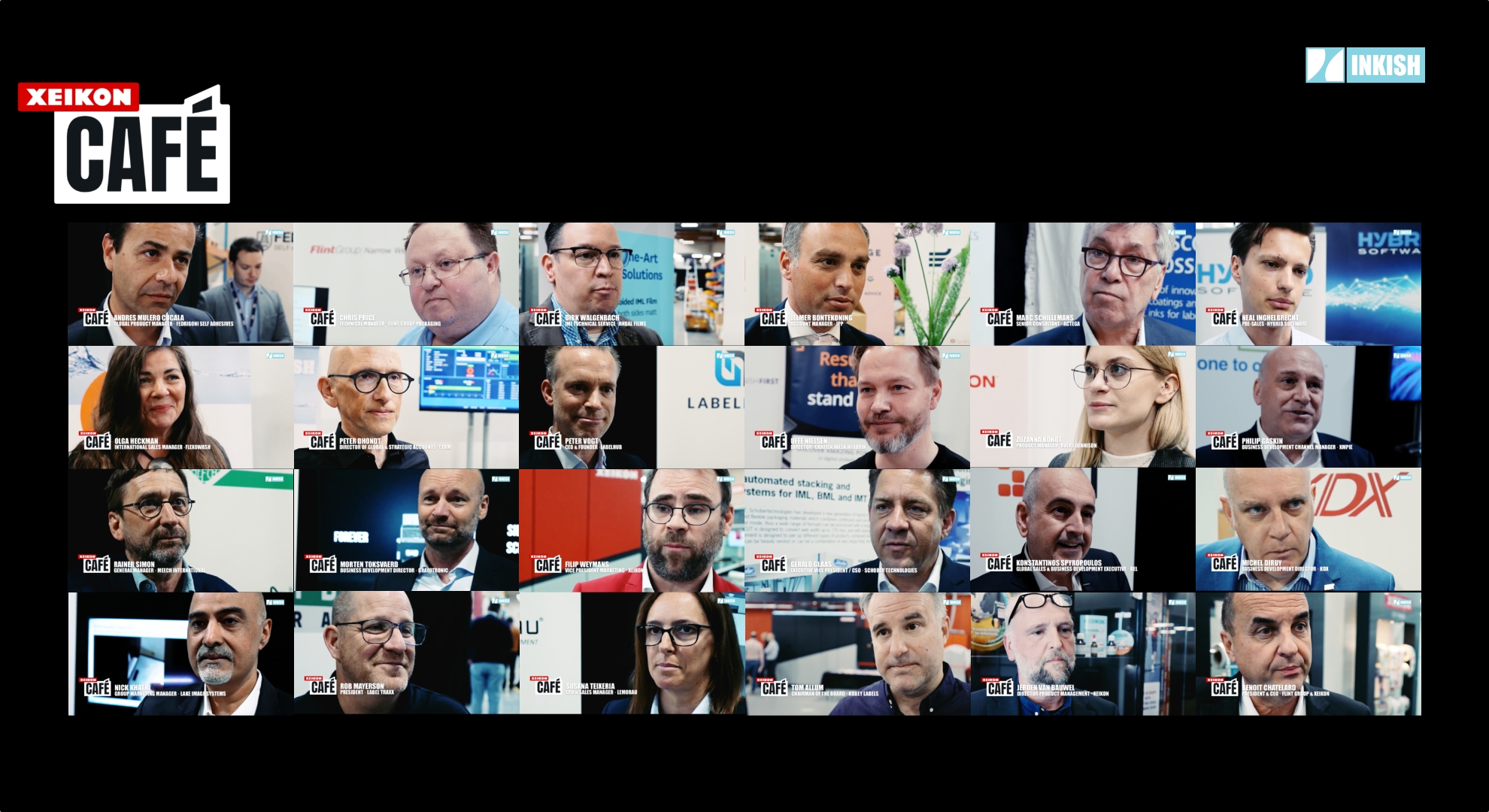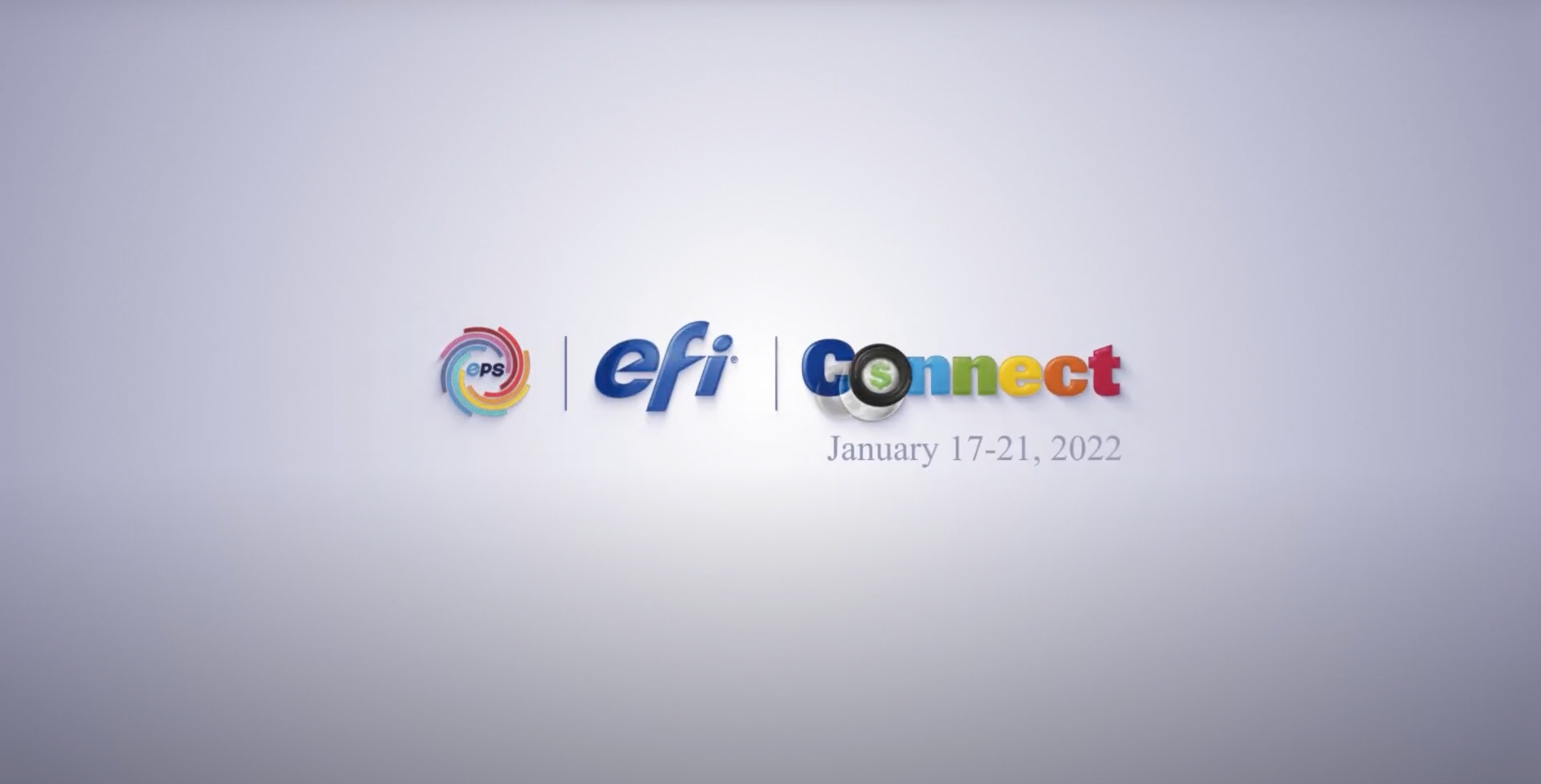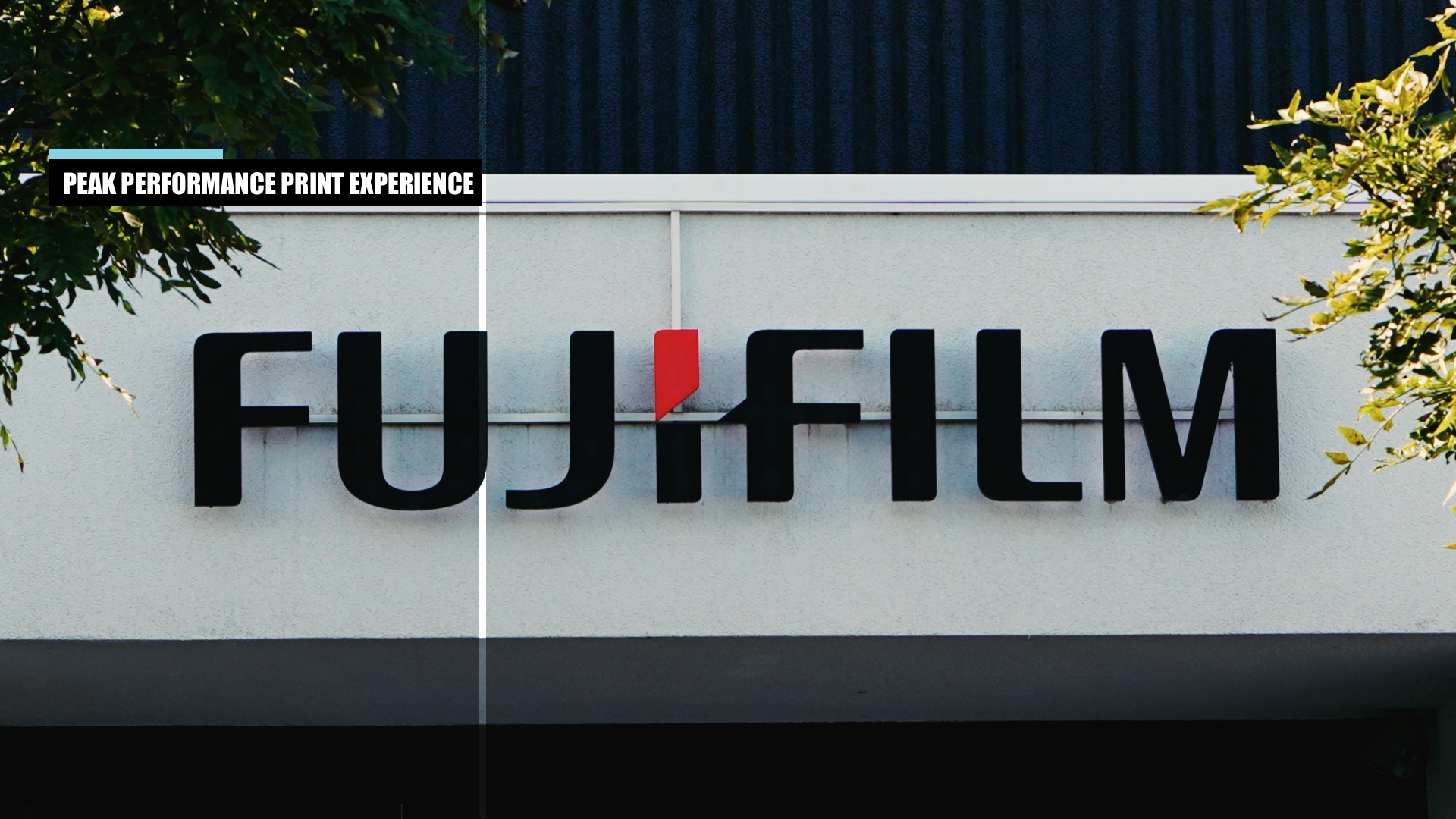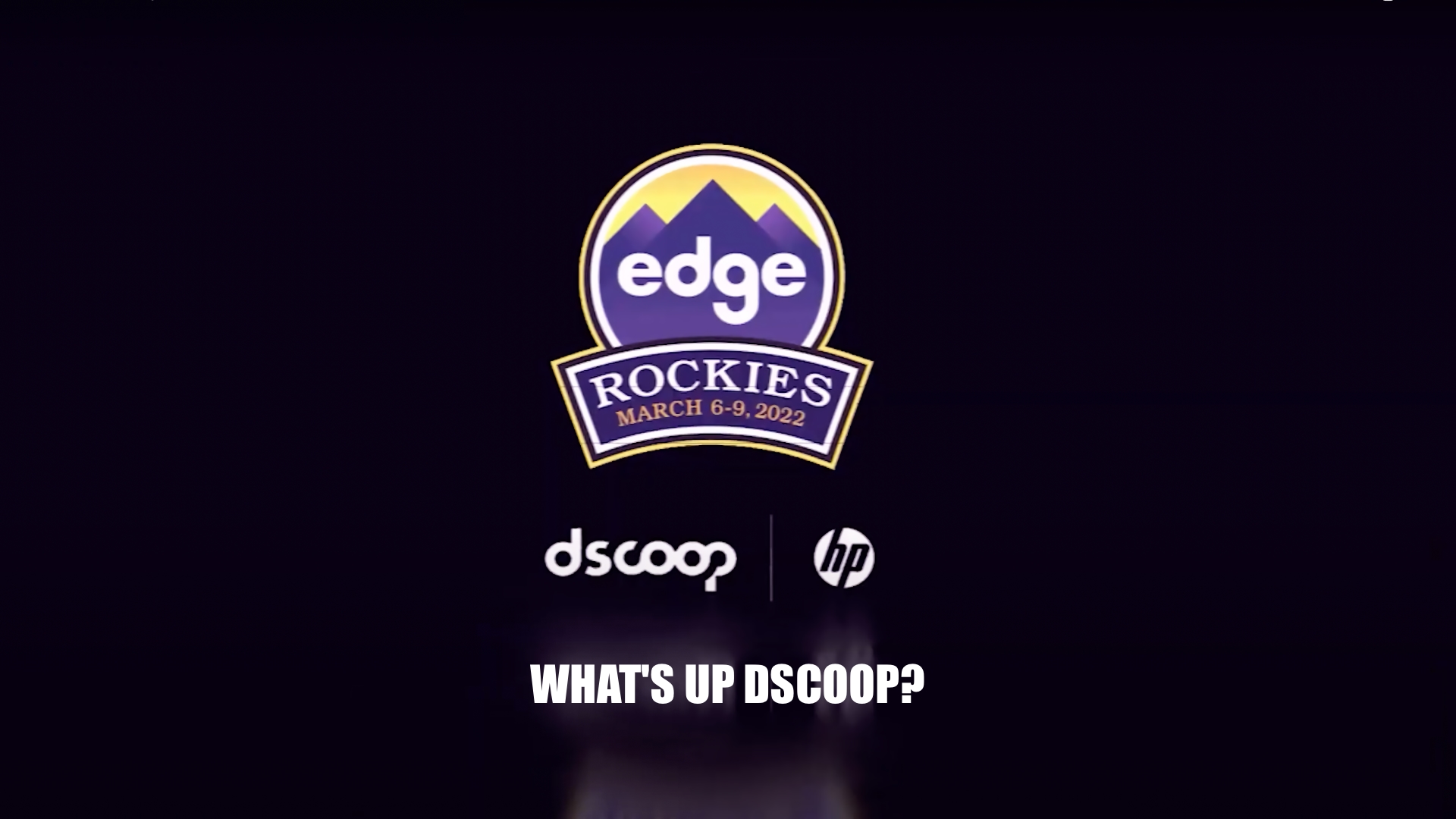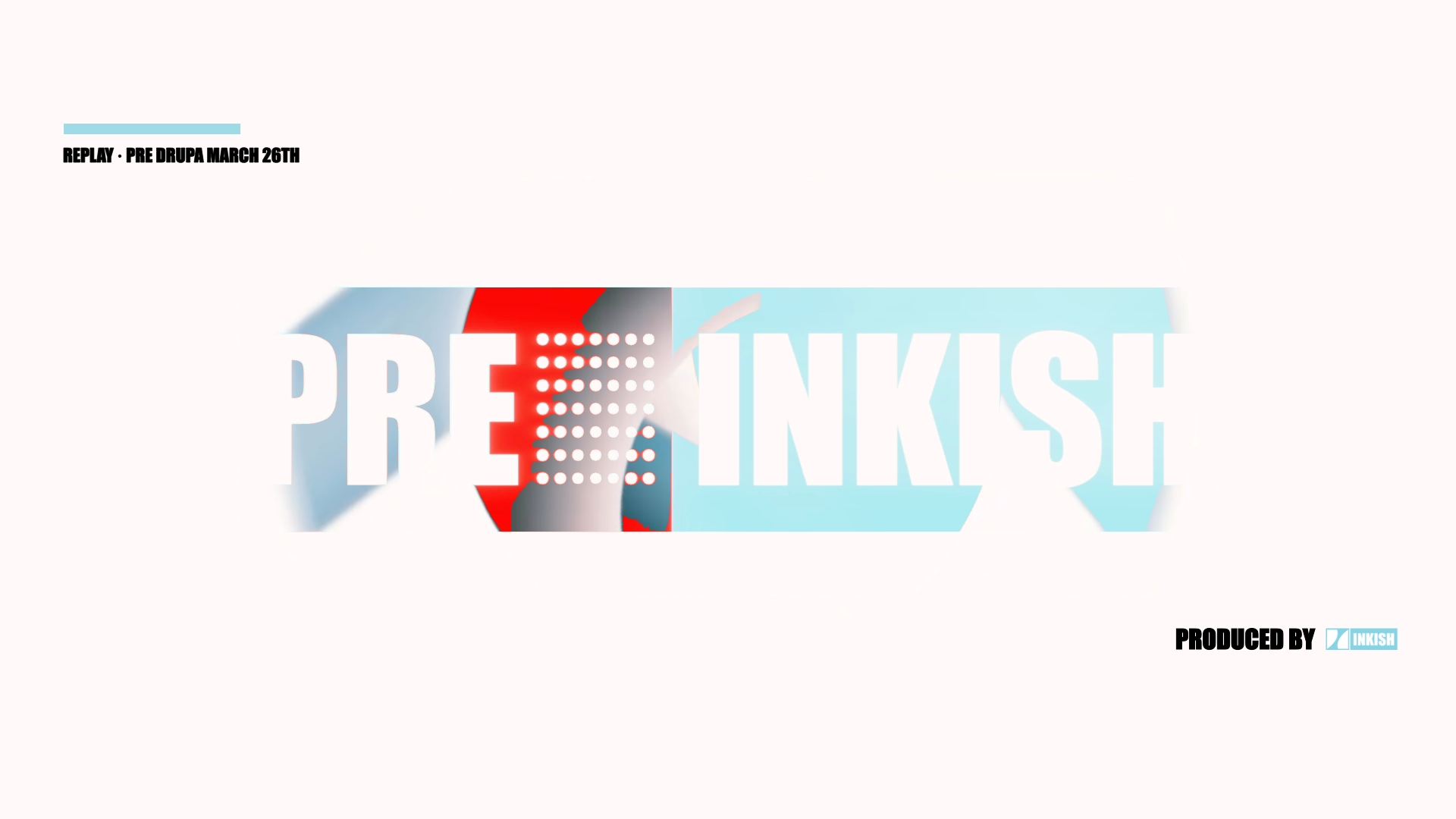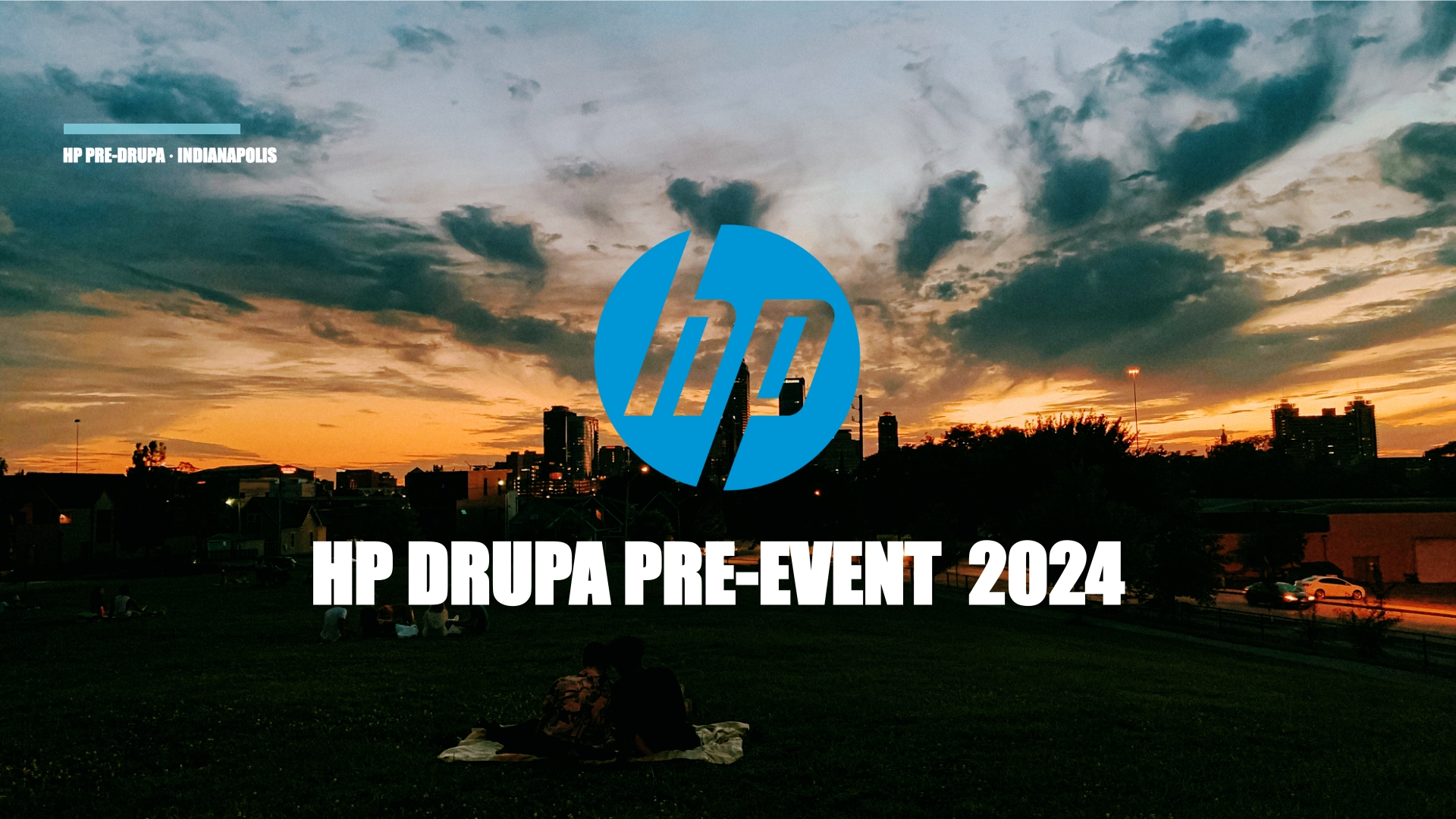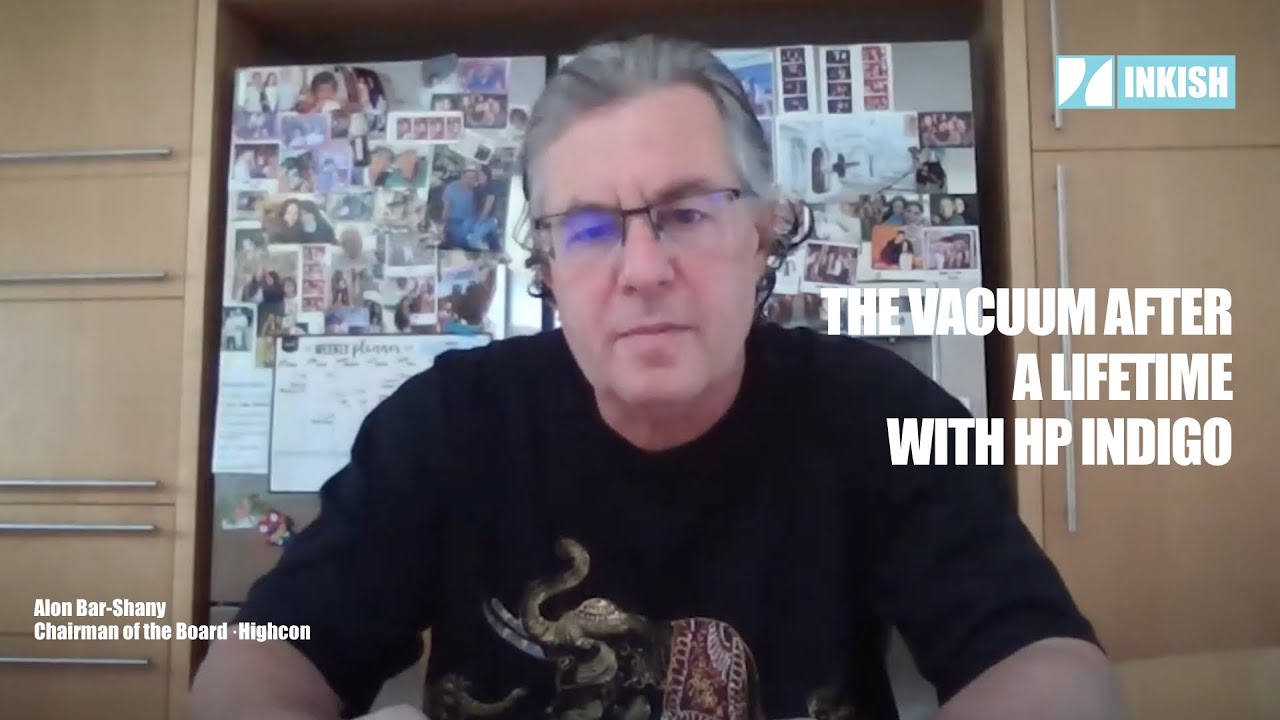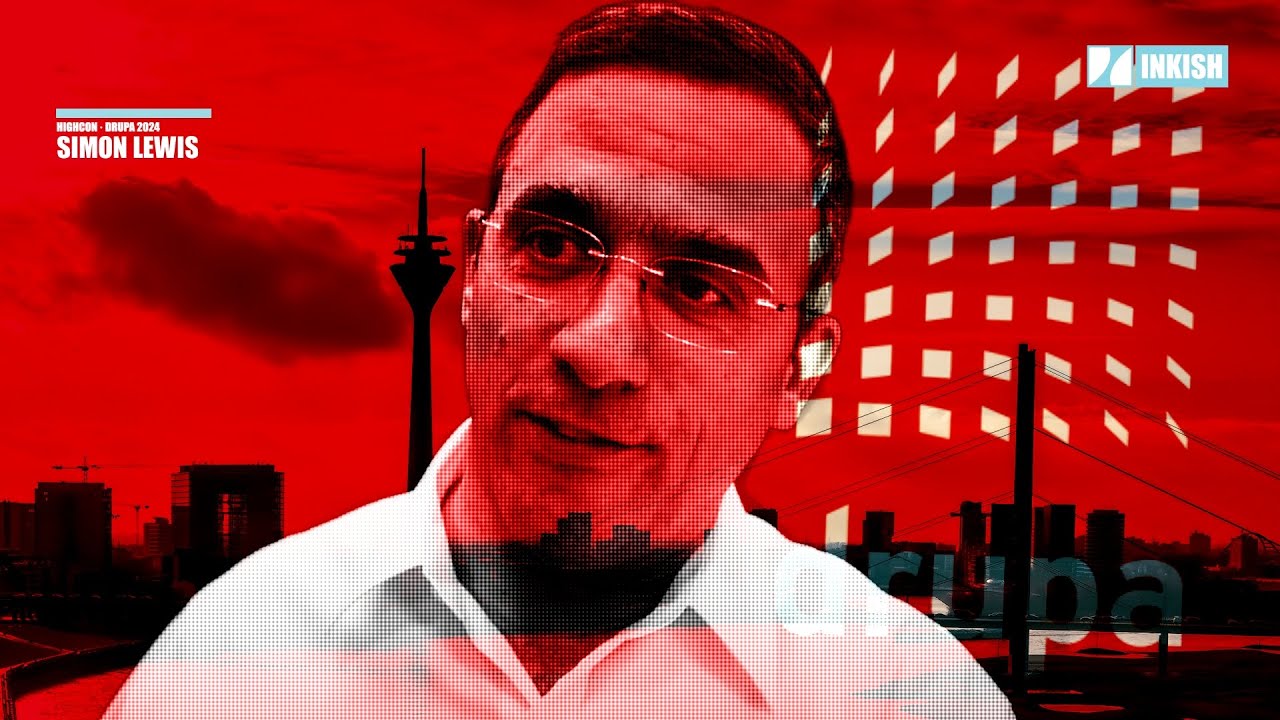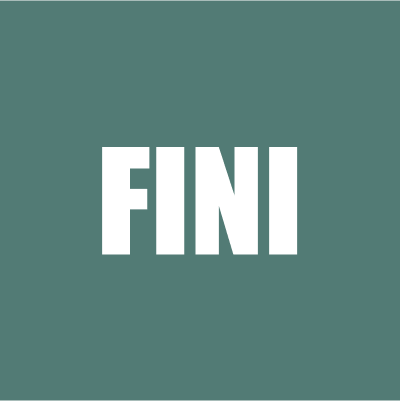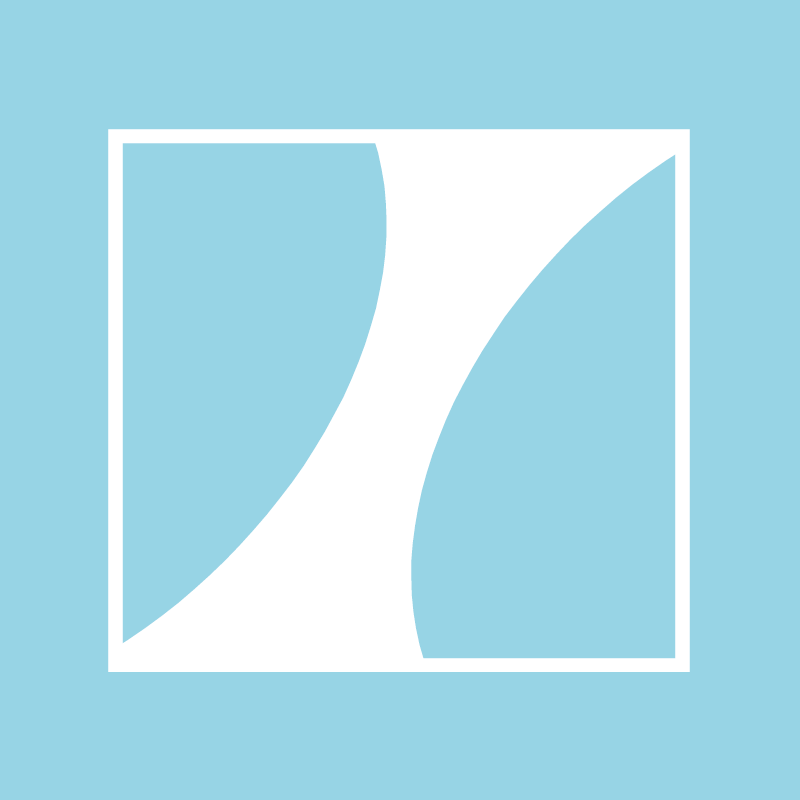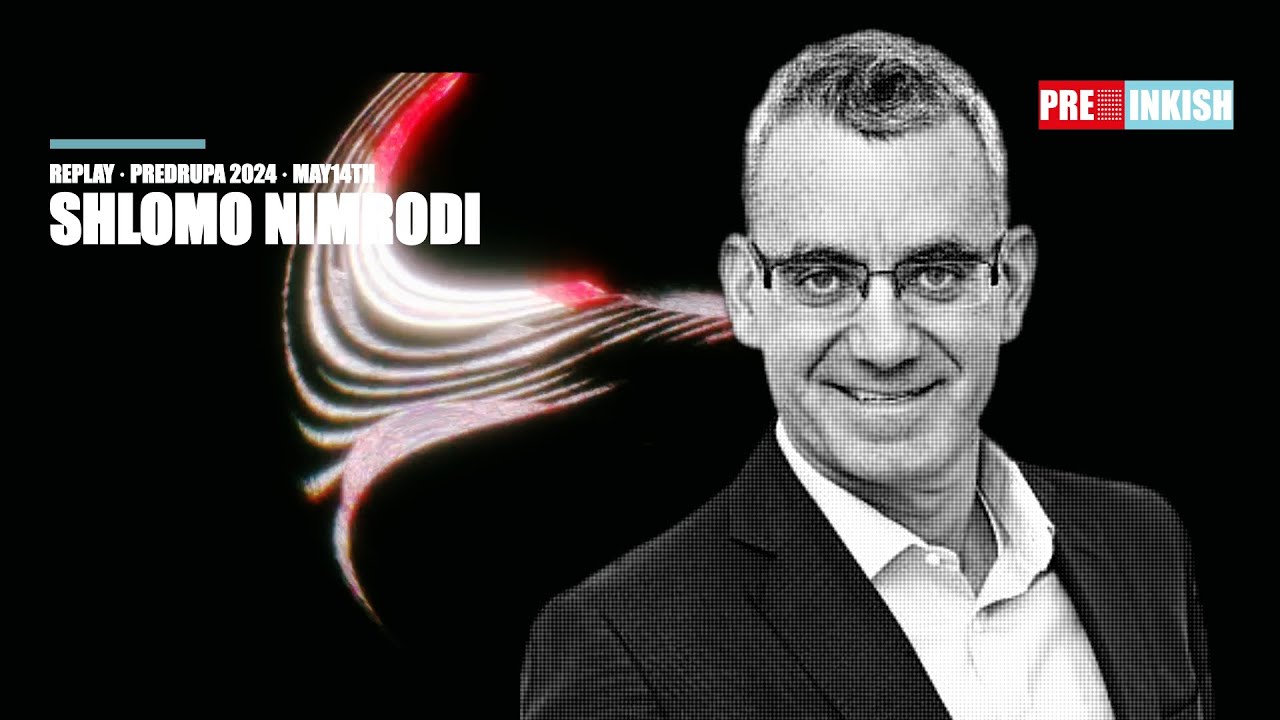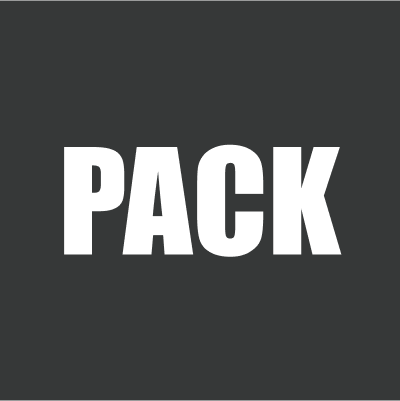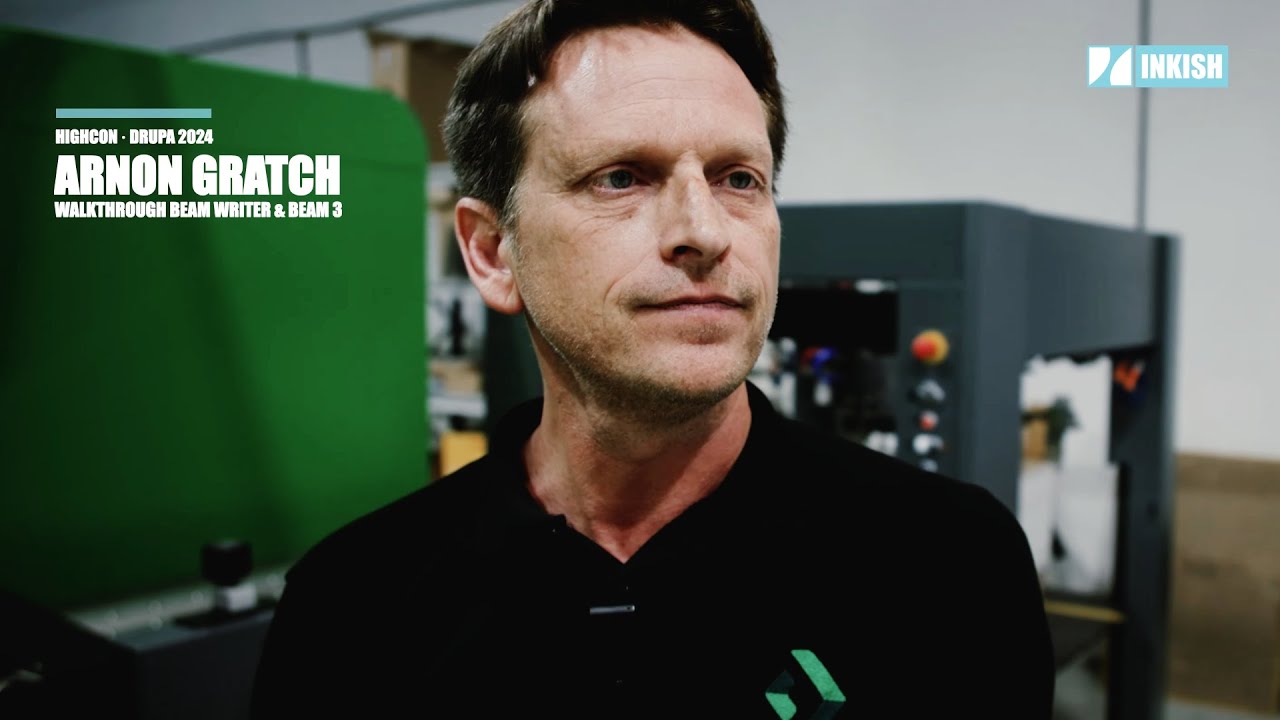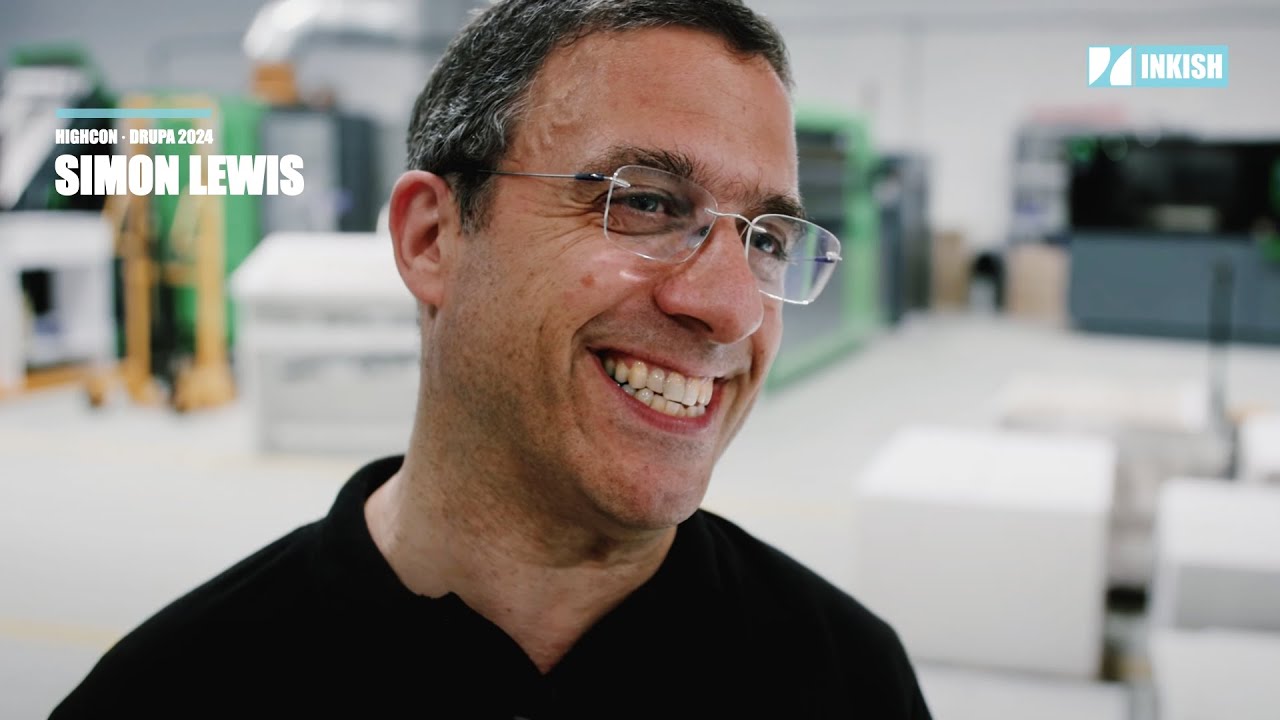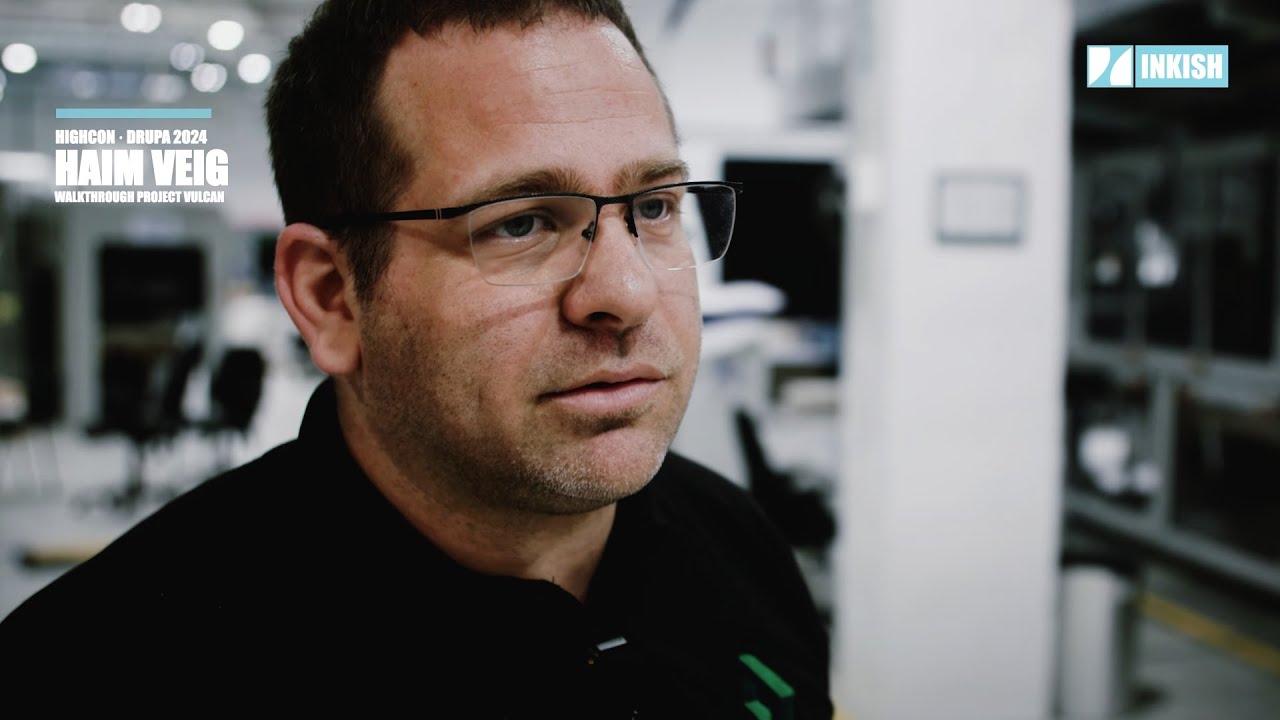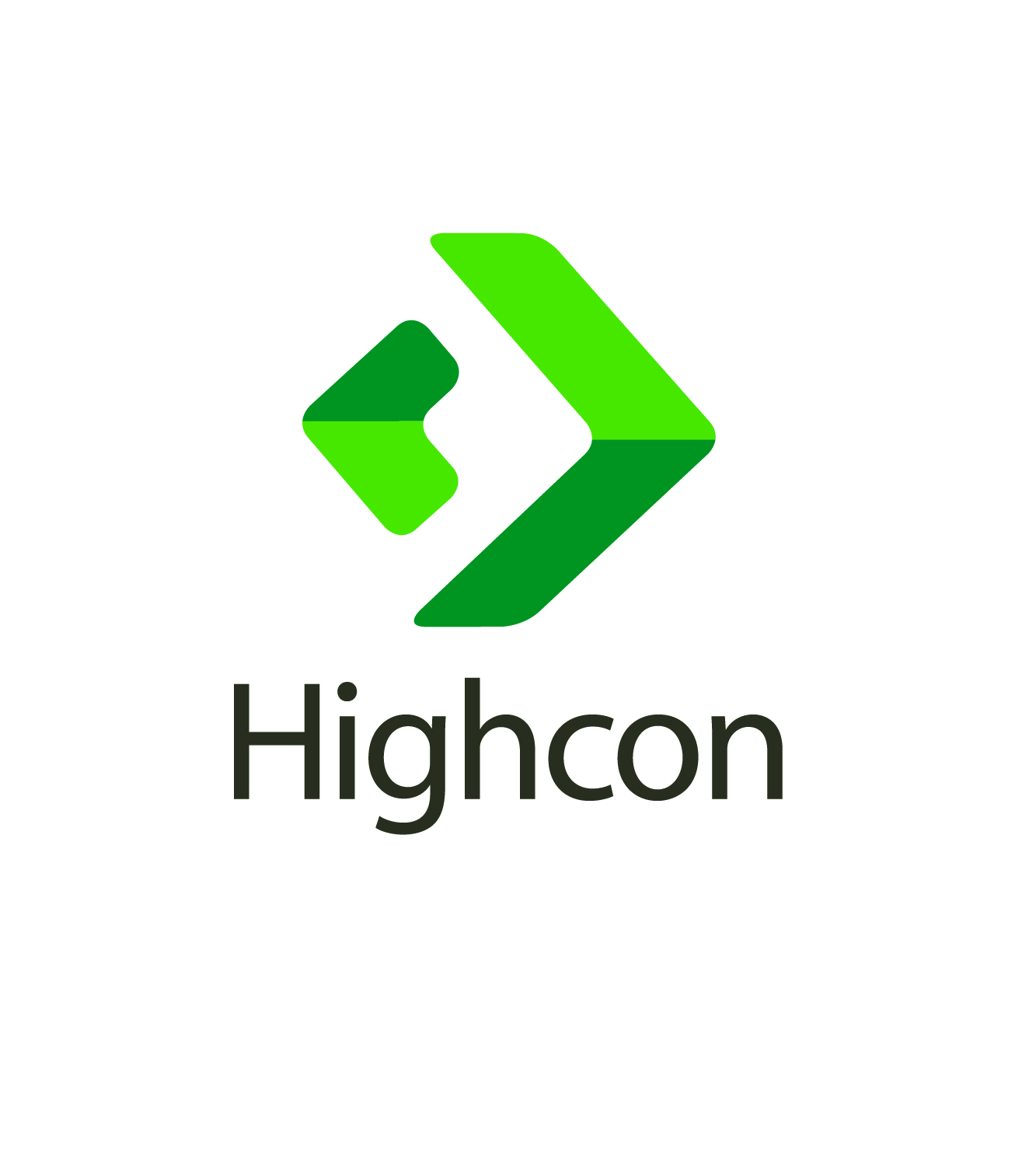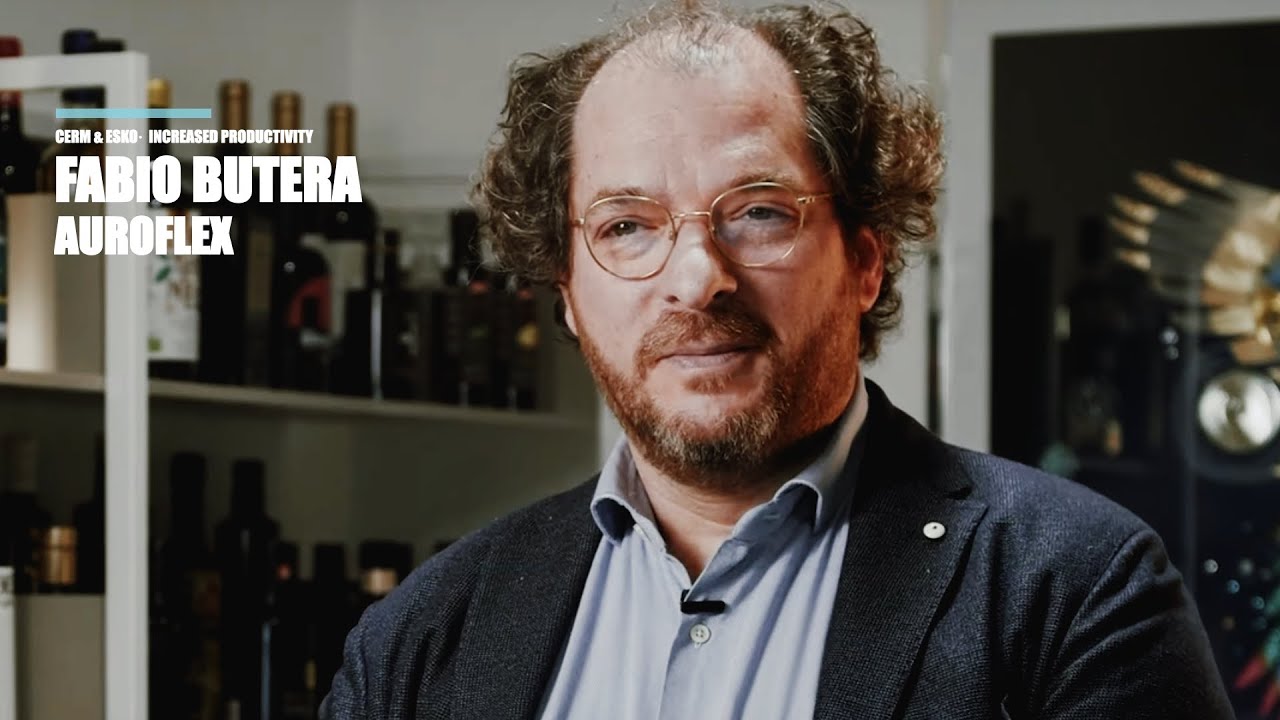The Vacuum After a Lifetime with HP Indigo · Alon Bar-Shany
Alon Bar-Shany has by all means been one of the most influential persons in the global printing industry in his role with HP Indigo for more than 25 years. It was a surprise to most when he left HP, and becoming Chairman of the Board for Highcon was equally a surprise, we believe!
Bar-Shany talks about everything from vacuum, suits, music, and being an entrepreneur in this session.
We are sure you will like this conversation!
We apologize for the video quality; Alon Bar-Shany has promised to give us a new interview next time we meet in person!
This is Morten from INKISH TV. And once again, we are on this remote camera tours. And this time I am so honored and pleased to welcome a very special guest. Mr. Alon Bar-Shany. I think that Alon is probably one of the best known former CEOs. And still is like a very important person in the industry. But, Alon, you changed from HP some months ago. How long is it ago that you left HP?
About six months.
Well, six months is also some time. Right? So, Alon, the reason why I asked you to do this little session with me is because just a week ago I think, it was announced that you are now the chairman of another Israeli success company – Highcon. Can you tell a little bit about your role and what have you been up to? Have you been out fishing all the time since you left HP?
Not fishing. But it’s been the first time after twenty five very intense years where I could spend a little bit more time on hobbies, family, friends, catching up and some projects. I managed to put up solar panels on my roof. So now we’re generating our own energy, which is very good. And Israel has sun most of the year. And I fixed my old turntable so I can listen to my record collection. So things you never get to. But I also spent a lot of time visiting Israeli startups, not just in the printing industry but in general. And honestly, when I was in HP Indigo, I was totally focused and working very hard and didn’t have the time to see what’s going on. It’s quite amazing. You know, Israel is called the startup-nation. And I always thought it was a bit of a buzz. But when you spend time and you see the ideas and the passion and the innovation, it was fantastic. So it was a big change for sure. And I enjoyed the spirit. And now it’s a new year. And I’m ready to start new adventures.
Sounds fantastic. And I can only congratulate you on actually experiencing and discovering the startup environment in Israel. Because I was in Israel just before the first lockdown. Last time you and I spoke we said that Israel has a fantastic startup scene. Not just in the printing industry. But for technology and in general. And I think that most of the world is a little bit jealous at you right now. Also, because you are first movers when it comes to vaccinations of the Covid vaccines. Right?
There are advantages to being small. There is an advantage to socialized medicine. I know it’s not always popular to say that, but there is. And then Israel is fully computerized. My wife and I got our second vaccine on Sunday. Everything was very organized. And literally one minute after we got the vaccine, we got… It’s a mess with the link to the formal site. We got our certificate that we’ve been vaccined twice, etc., etc. So everything is computerized. And again, it’s an advantage of a small country. We have our own numerous challenges. But I guess that also helps to a culture of taking risks, moving fast. And indeed, it’s way beyond printing. And it’s quite inspiring to see. Especially the younger people that are still in their late 30s or early 40s. And they’re doing their second or third startup. So it’s fun to see.
But I can’t help thinking about when I asked you for this chat. I wrote that the subject could be like one thing. I wrote: vacuum. And the reason why I chose that word was because… I was thinking that after 25 with one company, it must, regardless of the conditions for why you decided to leave or left HP. It must have been some kind of a vacuum. I mean, your role in the industry has been formed around Indigo. And you have been a tremendous inspiration. And you are also to the Indigo brand very important with both your customer interactions and also presenting technologies and exhibitions. And also the virtual ones. So how? I mean… The day you left. I’m not talking about HP as a company and the reasons why you left. But the first day you woke up and you basically didn’t have a job – how was that?
It’s very emotional. You know? For sure. Because for me, Indigo was like many of my generation. Righ? We saw it as a life mission, not as a job. And there were better periods. And worse periods. But we felt this togetherness of creating something. And so it was a big change, you know? It was something which you needed to come to terms with. It’s a bit like a divorce or a mourning period. You know, you need to go through this. And many times when I was talking to younger people. I always told them: if you have the opportunity and you’re leaving. Take a few months to spend time on yourself, your family. And also really get to know what you’re feeling. And don’t rush into any decision. If you can afford it. You know? Because of Covid, we couldn’t travel the world and visit a lot of people we wanted to. So it was a strange time because of Covid. And it was a period. The feedback and the interaction with the Indigo team, the customers, the partners, the industry was fantastic. So honestly, I got a lot of love which helped me. Because it was it was tough. I even started new things. And, you know? I am moving on. I think it’s that change is always difficult, but it’s natural.
I even saw that. Because I was researching a little bit on the internet, of course before having this conversation. And I couldn’t help thinking about that you get even YouTube films saluting you. And it’s quite amazing to see. In a positive way, of course. But it’s quite amazing to see the influence that you have had on or have on the industry. And I can imagine that. And the reason why I want to talk about the vacuum, is because I totally get what you say. That it’s like a divorce or a mourning period of leaving something that has been so much a part of your life. And it must have been quite overwhelming. Because only the messages I saw on the internet are just amazing.
But I’ll tell you two things. And this is one of the reasons or two reasons why I love the printing industry. And I’m getting to know many other industries and we’ll see where it goes. But first of all, the printing industry is largely small family businesses. This is what they do for their lives, for generations. And I’ve seen the transition. I’ve seen fathers move the business to their children, which is tough. I’ve seen people sell their companies to bigger companies and sometimes they stay and sometimes they leave. So it’s a very emotional industry, which is fantastic. I mean, I wouldn’t like to work in a world without emotions. The second thing, which is actually one of my thoughts after the last six months. From the outside, people see printing as very conservative, old, maybe declining. The truth is – at least the innovators in this industry, they’re very similar to startups. Most of the startups I’m working with now, they have 30, 40, 60, 80 employees. A revenue of 5, 10 million dollars, some less. And they all want to grow more. And the good Indigo customers and Highcon customers and in general, the innovators. They are startups. They have 20, 30, 40 people. They’re changing their model from analog to digital, to web, from conventional printing to packaging. Doesn’t matter. But the successful customers have a lot of commonality with the startup. And that’s what’s fun. So it’s emotional. But again, that’s what I like. I wouldn’t like to work in an area where everything is very transactional. Every two years people change roles because it’s just a job. For us in the printing industry and for our customers – our job. It’s what we do. I’m sure there are other industries like that. But in the printing industry this is for me the special bonding. And that’s why this group and other communities are so vibrant. Because we all have this emotional view.
It’s funny that you mentioned that. I did an interview with – I can’t remember his name right now – but with another Israeli. And basically when I said startup, he took it as a negative word. I said, I consider INKISH as a startup. I consider being a startup as having that openness to innovation, being very agile. And that is exactly what you’re talking about. Right? So you see that it is a very positive word.
Very positive.
Yeah. So Alon, one thing is the vacuum and leaving a company like HP. But you have, of course, got a lot of experience being part of that journey. What is it that makes you special?
Well, you should ask my wife. I am not sure if I want to hear the answer but I’ll tell you. Look, I am not a scientist or a technologist. So my added value to the technology of Indigo is very limited. You know? You over time have intuitions. You understand a little bit. But I think there are two things that I hope people would say was my contribution. One is around the strategy and the customer focus. So I think Indigo, over the years, really grew a lot because we listened very closely to our customers. I spent half my time or almost half my time with customers. Visiting them. Big ones, small ones – that didn’t matter. And really trying to listen. And Israelis were not always very good at listening. But you forced yourself especially to hear the bad things. Where can you improve? Where is competition better? And we had amazing customers that shared so. So for me, being customer centric, it’s not a buzzword. It’s a whole philosophy and the system. And the second thing is just the internal values of the company. I find that when you have a strategy and a culture that people buy into, people will stay for a long time. They’ll give everything they have. And then when times are good, it’s easy. When times are bad… And now is a tough time. 2008 – 2009 was a tough time. 2001 one was a tough time. Then people give back a lot more than you give. So for me, success beyond. Of course, you need technology and you need supply chain and you need a lot of processes. If you’re very focused on customers and you have a great culture which rewards teamwork and innovation, which is willing to fail and then to learn. I think these are things which I’ve learned from our customers and from many other people in Indigo. It’s by no means one sort of a DNA that is slowly grown. And I think, again, this is what I’m going to try to bring to Highcon and other companies. Because, again, I’m not a technologist. And many people know the details of any field a lot more than I do. Hopefully I can bring the customer centricity into any company I work with.
The first time I met you, I didn’t know you. I knew your name, but I didn’t know how you looked. And the first time I met you I was, I think as many people, a bit surprised that you are so casual. You were wearing a sweatshirt and basically you actually also… I think I remember that you had a flag on your sweatshirt from Sweden because we met in Sweden. And so when you talk about customer centric and you also talk about this listening thing. I think there’s a big difference whether you come in a in a sweatshirt or you come in a suit. Especially with some printing companies. Is that something that you did on purpose or is that just part of your personality?
You know, now I’m getting a lot of photo albums that people are sending me. With pictures from the first years when you visited customers in Europe or the United States. You were sort of expected to come in the suit. And I never felt comfortable in that. But of course, you have to honor the environment. So the whole world has become more casual in the printing industry for sure. I personally don’t really like suits. But when I went to Drupa, I went with a suit. This drupa, which didn’t happen. We already made a decision. We’re not going to show up in suits because it’s enough. But I think Israelis and again, I think it’s the same in Sweden. I mean for us hierarchy is not very important. I mean, Indigo by choice and by culture, it was a very equal company. There were no hierarchy symbols. For me it was value. I mean, I just I don’t like it. You have to have differences in salaries. And, you know, of course there are differences and managers and whatever. But I’ve just learned through the years that you sometimes learn the most from very unexpected people. And the fun part is actually getting to know the people and understanding that people are different. So for me, it was natural. And, you know, the clothing is just what I don”t like…
But I can’t help thinking about that… Because when you say what you just did. And I agree with you on that one. But I can’t help thinking about it. If you look at HP as a company, it’s also a computer company. It’s also a white page form. I mean, it’s a lot of different things. Right? And I was just wondering because I think that what you talked about that was pretty much the DNA of Indigo. Right? It was less the DNA of the rest of the HP organization, right?
Yeah, for sure. Look, I’ve had the luck to work in totally different environments. Before HP acquired Indigo we were a small, publicly traded company. Before that, I worked in a big Israeli chemical company. I worked in the Bank of Israe. And I’ve worked with many of our customers that are family businesses or big, old, kind of fashion giants. So I’ve seen many things and there is no perfect solution. Right? At the end it’s people are people. And this world is so diverse that it’s impossible to sit anywhere and to really understand. It is difficult in Israel and the United States, to really understand China, India, Japan, Brazil. They’re all so different. So, you know, HP has this mega company culture. It’s an American company. It’s publicly traded in Wall Street. That drives certain things. But Israel is very far away from Palo Alto. And HP has operations in Korea and in Barcelona. So I think I love diversity. And I think you need to understand that there’s a limit to how much you can evolve. Even if you’re there a lot. You have to fully understand how different Israelis are from Europeans or Americans. And how different Germans are from Austrians. So, yes, then you have to accept that. And it’s like: take the best of all of it. And on the other hand, when you have a common purpose. And this group is a great example. You have people from all around the world coming together and literally becoming friends. Because it’s not a two or three year job, it’s 20-25 years, you know? Many of our customers I’m still in touch with just because I enjoy talking to them and we have become friends. So that’s a gift. And you know that. Because you see the same people.
Yeah. I actually thought you were going to say… Because we actually share an interest in music. And I thought you would say that that part of your DNA and part of how you have influenced Indigo is also because you have the creativeness from being a guitar player.
First of all, you know, I love music. I’ve had the fortune of playing music in many places around the world. You know, you think a lot in this kind of a role, of a conductor, in an orchestra and what it means. And there are interesting videos that you can watch on that. I think, at least from my perspective, I don’t like very simple music. I don’t like music with just two or three chords and which is the same. I like more complex stuff. Which sometimes is not always pleasant. But it changes and it evolves. So for me, there was an element of jazz and maybe, you know, improvization in all the industry. Which I think is good. Again, to do great music, you need to be very good at what you do. You need to play as a team. You need to practice a lot. It’s not just you just come in and play. So there is also the discipline. But this is graphic arts. There’s arts, there’s creativity. If all you have is just to play the notes, you can play beautifully. But it doesn’t touch your emotions. So, yeah, I think music definitely had an impact on how I saw life and how I wanted to impact the world.
Before I joined the printing industry, I worked as a marketing manager for Roland. The music keyboard manufacturer from Japan. And when I decided to stop in the music business and go into the printing industry – I actually said to my wife that it was because I thought that both industries have this creativeness and this openness towards other people. And I think that is actually what you say here. Is that you have the good sides of both. The creativeness, but also, of course, the professionalism in delivering something. Which is something you have to be good at. Otherwise you would not be successful.
And the fact that you take totally different sounds and you merge them together.. And everybody does their part, and when it works, it’s amazing. If it doesn’t work and everybody is a little bit off or they don’t know what to do, it’s a disaster. But a good rock band, a good orchestra or a good jazz band – it’s like everybody does their own thing. And then you hear something wonderful and you can listen to different… You know, you have to learn how to listen to music also. But I think music a great analogy for business. And I learned probably more from that than just by reading a lot of textbooks. Which are interesting but everybody can read them.
So Highcon. Highcon is actually the company that made INKISH to what INKISH is. Because it was our very first customer. So we have a deep passion for Highcon and the people working there. And we have also been at Highcons headquarter just before the first lockdown. So they had an IPO (initial public offering) just before Christmas. And it was pretty successful, wasn’t it?
Yes, it was very successful. Israel has a big environment of startups and funding through private equity and venture capitalists. And a lot of IPOs in Nasdaq. But the Israeli market itself, for various regulatory reasons, was never that receptive. And the government has worked to change that. And Highcon and Shlomo specifically saw the opportunity and were one of the first companies to be able to go and raise a significant amount of of cash. Which is fantastic because it gives you a little bit more of funding sources. Because VCs and private equity are great, but they have their own way of running the company. And being publicly traded actually, like always, it has disadvantages. But it does have the transparency. You have to have the regular. It’s not privately held. You have shareholders. So I think it’s not just the money, which is important. It’s a very good platform for the company to scale and to get visibility and earn the trust of not only investors, but the customers. You say what you’re going to do. You do what you say. And you grow all the time.
And the reason why I mentioned this is because I think that quite a few people have, of course, been wondering what is the next? On Alon Bar-Shany’s adventure. And I think that though I feel that Highcon is a well respected company… I regardless also think that maybe some people were a little bit surprised that you were announced chairman of the board last week. The IPO and the fact that you are now getting involved with Highcon – without being able to talk about details. Is it because you see a huge growth plan for Highcon and that’s why you want to be involved? Or where do you see your role specifically? I mean, because the title chairman of the board is still a little bit different from what you did at HP, right?
Absolutely. So, look, I had to do some thinking. What I want to do or not want to do, you know? I could have gone and joined a rock group of old people and had fun. And maybe one day I will do that.
That would be nice too.
I still want to, you know, get up and feel that I’m active, I’m contributing to the Israeli industry, etc.. And honestly, it wasn’t like I said: I want to continue in the printing world. I loved it. I think I had the best job in the printing industry for many years. And it wasn’t like a prerequisite. And the reality is I’m going to be chairman of a few different companies, not all in the printing industry. But Highcon for many reasons made sense because it was founded by Indigo engineers ten years ago. I think it’s a disruptive technology which clearly still hasn’t fully matured. I know Shlomo and Simon Lewis and others for for many years. And I think as chairman of the board, I can help in a modest way, impact the things that I think are important. And where I have added value without getting into day to day operational. But the question of customer centricity, company culture, building a road map, thinking about a large business, building a strong management team. I think I can help Schlomo and the team, which is a very, very strong team, by the way, which is great. In a way where I bring my experience, but I don’t have to get involved in day to day. And leave myself time to do other things which are totally new for me. Which is also fun, right? Because learning is what keeps you young. And I also have a lot to learn in Highcon. I know some of the customers in the industry, but I have a lot to learn about the technology and the company itself.
I agree with everything you say. I was just wondering because I mean… You, of course, know that when a personality like Alon Bar-Shany joins a company… That alone can maybe gain a little more attention to Highcon or any company that you get involved with, at least in the printing industry. So was that a consideration, you think, from both sides? That if you joined the board and even if you become chairman of the board… Even though you’re not really involved in the daily operations… The strategic thing and the marketing and the “Alon Bar-Shany spirit” will benefit the company just from the fact that you’re part of it.
Well, I think, first of all… Myself joining is part of the bigger picture of building a new management team. Which Shlomo started a year and a half ago. And raising money. So these are the two actually most important things. I think the name is good. I wouldn’t go to a company just so there is a name.
I didn’t think so.
But, again, I want to be very, very clear that my role is not to run the company. I love this printing business. What I’m doing now beyond learning about the company is talking to a lot of customers that I know well. And that I trust will tell me what’s not good. Because there are things that are not good. If you don’t hear them, then you can’t fix it. And we know they’re issues. And until Highcon raised the capital it was very difficult to do everything we think we need to do. Now we have to prioritize it. And again, for me, it’s making sure that customers understand that the most important thing for the company is not the share price and not the bonus of the managers. It’s customers being successful. And when you build that kind of a culture, it takes time. But I think good things happen. Good people join the company. And, we need now to help our customers. And, of course, develop the roadmap and technology and all of that. So I have this experience of the industry. And I thought it makes sense to help another Israeli company. And not just go to totally new fields. Well, we’ll see. I’ll tell you in a year, if it was a good decision. Or you tell me in one year.
That would be nice. I can’t help thinking about that it’s good timing. I spoke to Shelagh Hammer from Highcon maybe three, four months ago. We talked after again. But 3 to 4 months ago we spoke about the pandemic and the change in customer behavior. From a consumer’s perspective with having locally produced products and more personalization. And obviously the same kind of mantras that have been in the printing industry for a long time. But where if you look at the Indigo, it was better than most in the beginning. But now it’s superior because it was a development process. Maybe it’s the same with Highcon. That you have the opportunity to take advantage of the market development right now. Not just because of the Covid. But because of the short print runs and personalization and faster turnaround time. So that might be a very good position to be in. Right?
Look, being in Indigo and the printing, we worked with a network of partners and we talk to customers. And the reality is over the last few years, which is nice to hear. People said: Ah the Indigo, it’s no problem. You know? It’s not like it used to be. That it was difficult. It’s still difficult, but it’s not the problem. The bottleneck is the workflow. The bottleneck is the finishing, et cetera, et cetera. So you look at the way the finishing is done today for folding cartons or corrugated… It makes no sense whatsoever. So there is an opportunity. The world has moved to online and shorter print runs. Local shops continue to work so you don’t rely on exports anymore. Six weeks and in bulk, etc. So I think digital finishing in general… Everything. Not just what Highcon is doing. But the whole field has to be disrupted and has to change. You’re looking at 10 years from now, 15 years. It has to be totally different. And it’ll happen. Who will do it? And in what segment? What is the pace? I think Highcon has a good chance. It has a good base. It made mistakes like all companies. It has learned some things. It’s getting now a chance to really focus and deliver. So, yes, I think it’s an exciting opportunity and actually good timing. And hopefully, you know, this Corona virus will be behind us ina few months. Because today the reality is we are still in the midst of the third wave and it is very difficult. And people are worried and waiting. But this will go away. Eventually it will and then…
Eventually it will, yes.
Alon Bar-Shany thank you very much for your time here on INKISH TV. I know that the one interview that I have done with you has been one of our most seen interviews. So even though the video quality was not as good. I still hope that what we talked about was interesting for a lot of people. So I wish you all the best both with Highcon and your other ventures. And of course, in life as well. That’s more important when the day is over.
I hope to get back to Israel. You were here just before the first lockdown. So that you come back here right after the last lockdown.
Maybe I can take this opportunity to invite for a proper interview with a real camera. So we can make it look good as well.
Absolutely. I’m vaccinated with two shots. In four days, I should be ready to go and travel. The minute Europe opens up the borders, I will start traveling again. I look forward to seeing you live.
Likewise. Thank you very much Alon.
Thank you very much.


